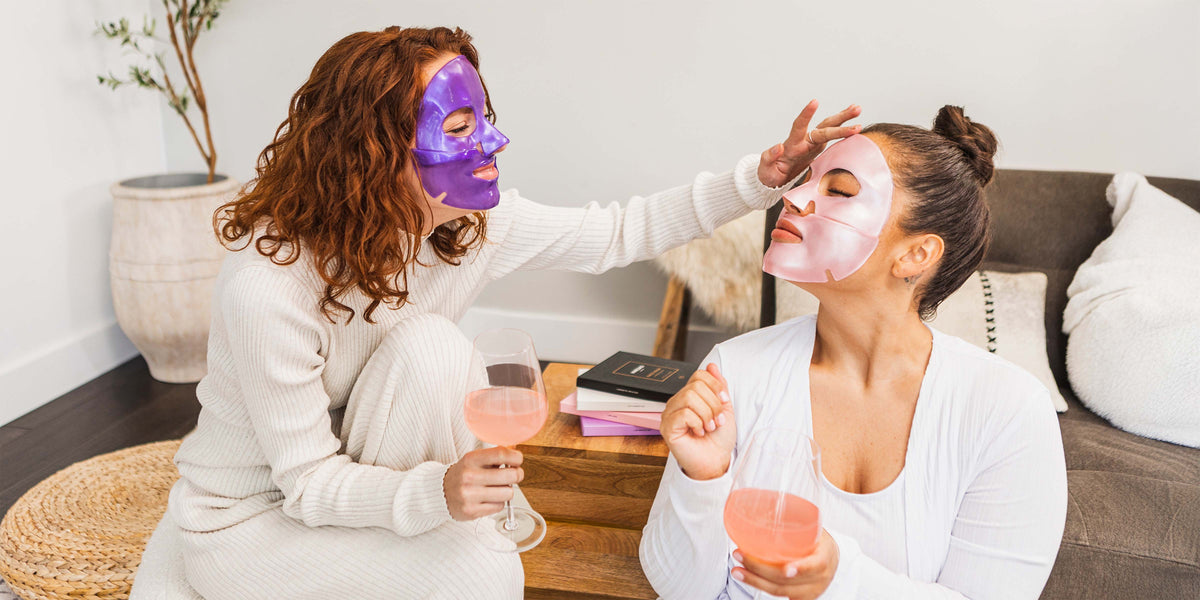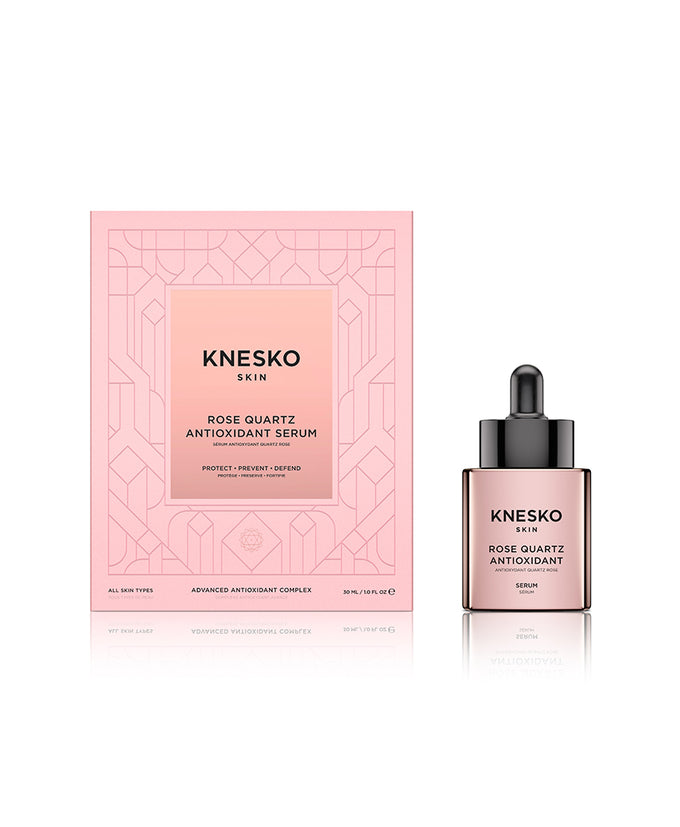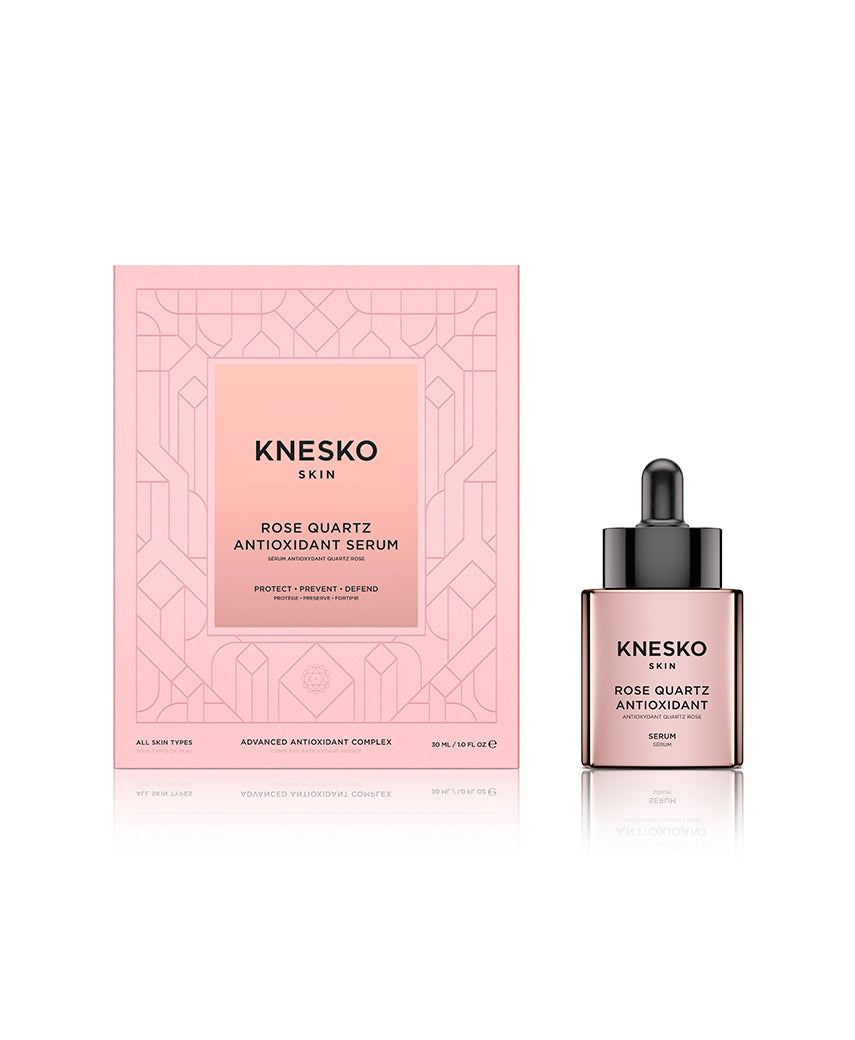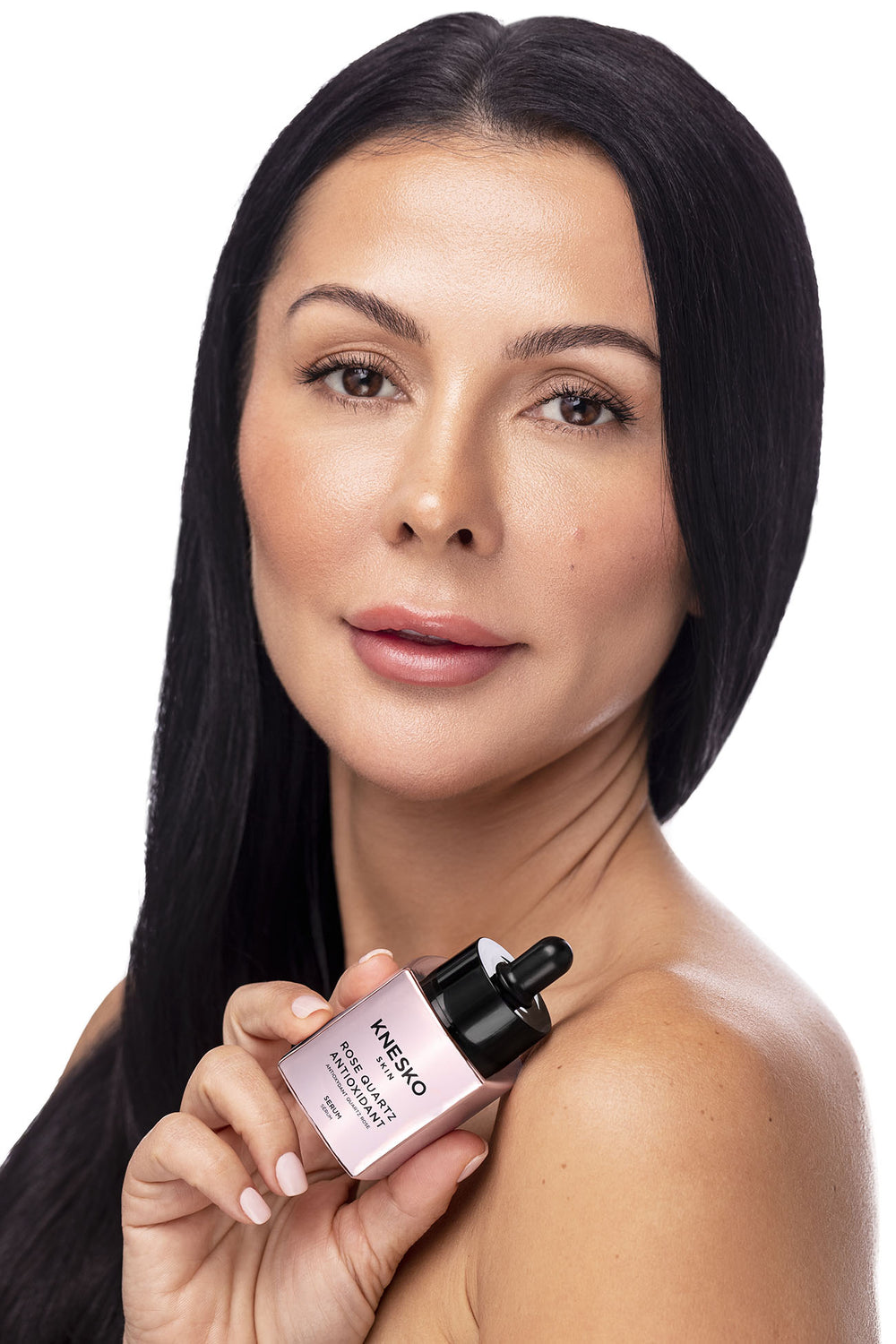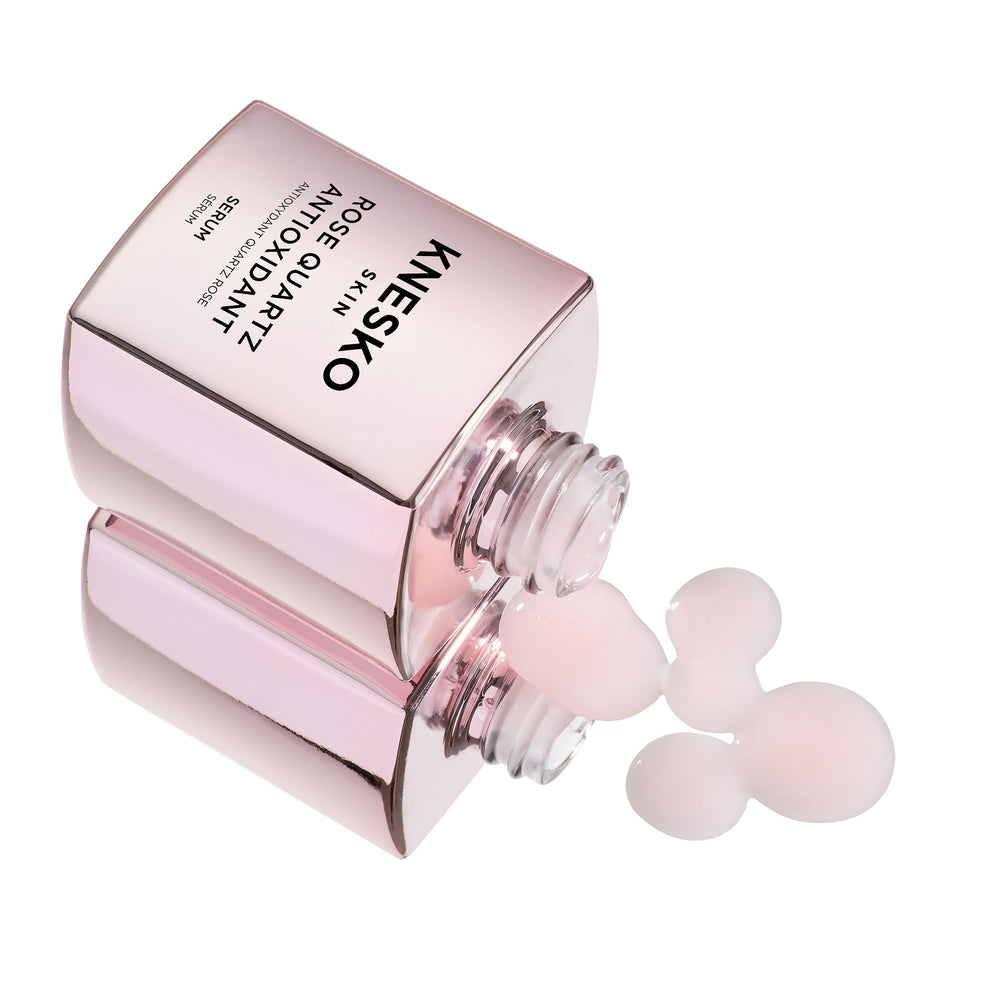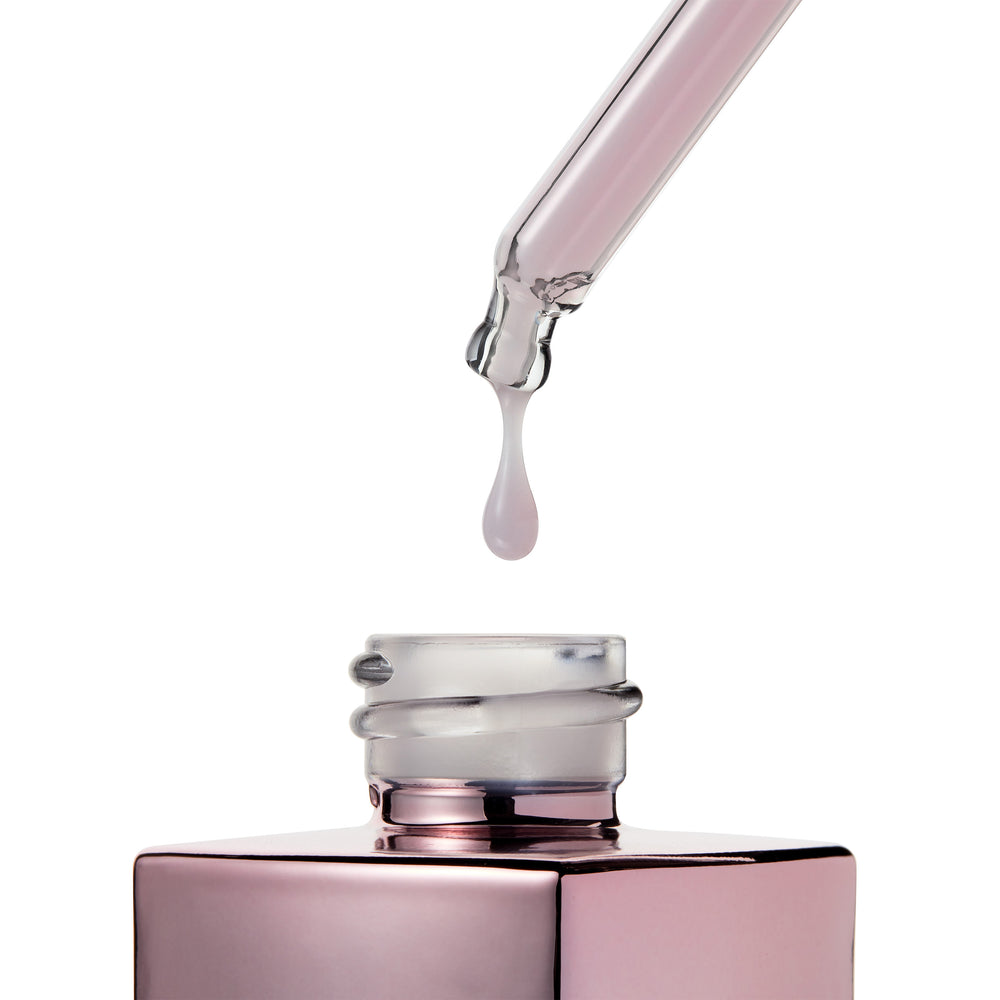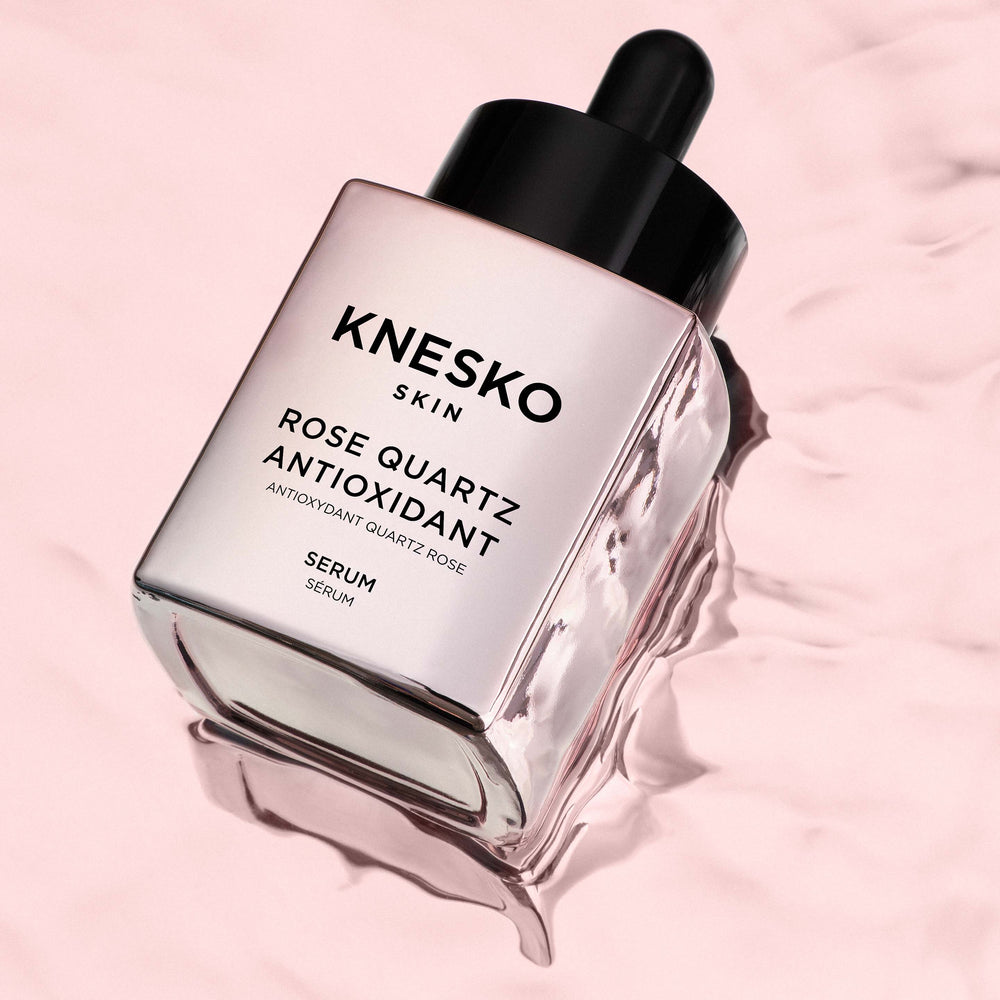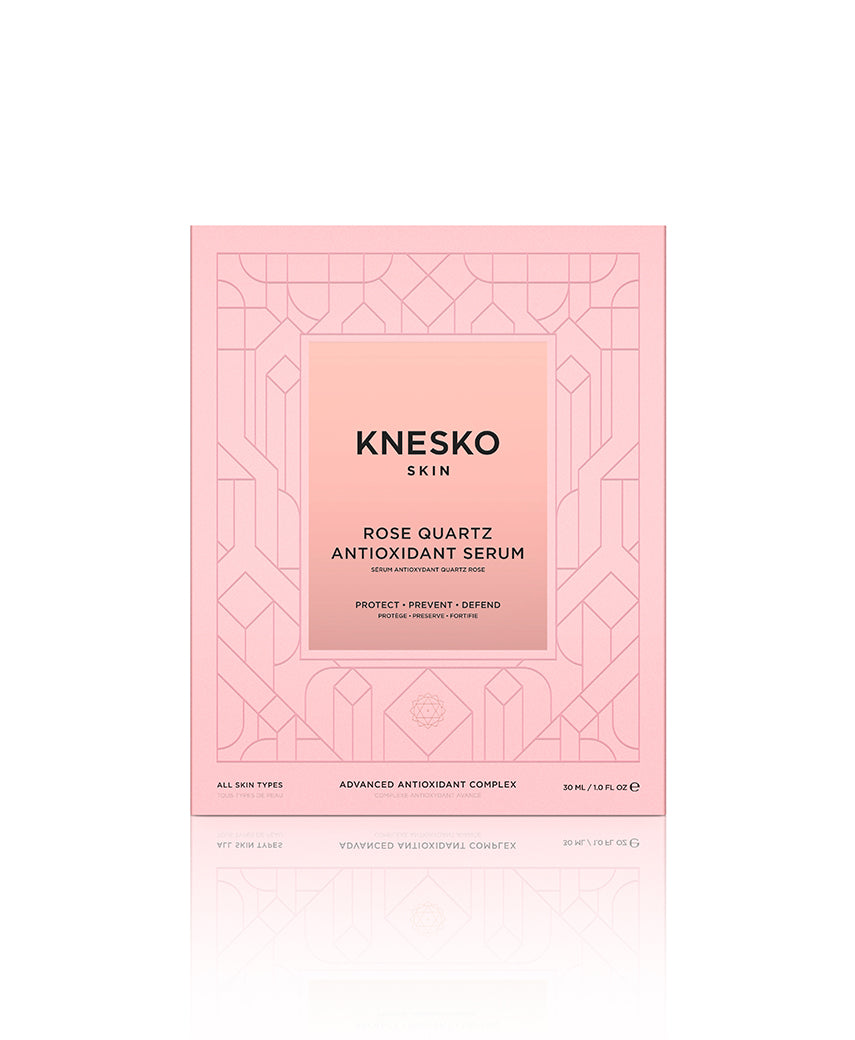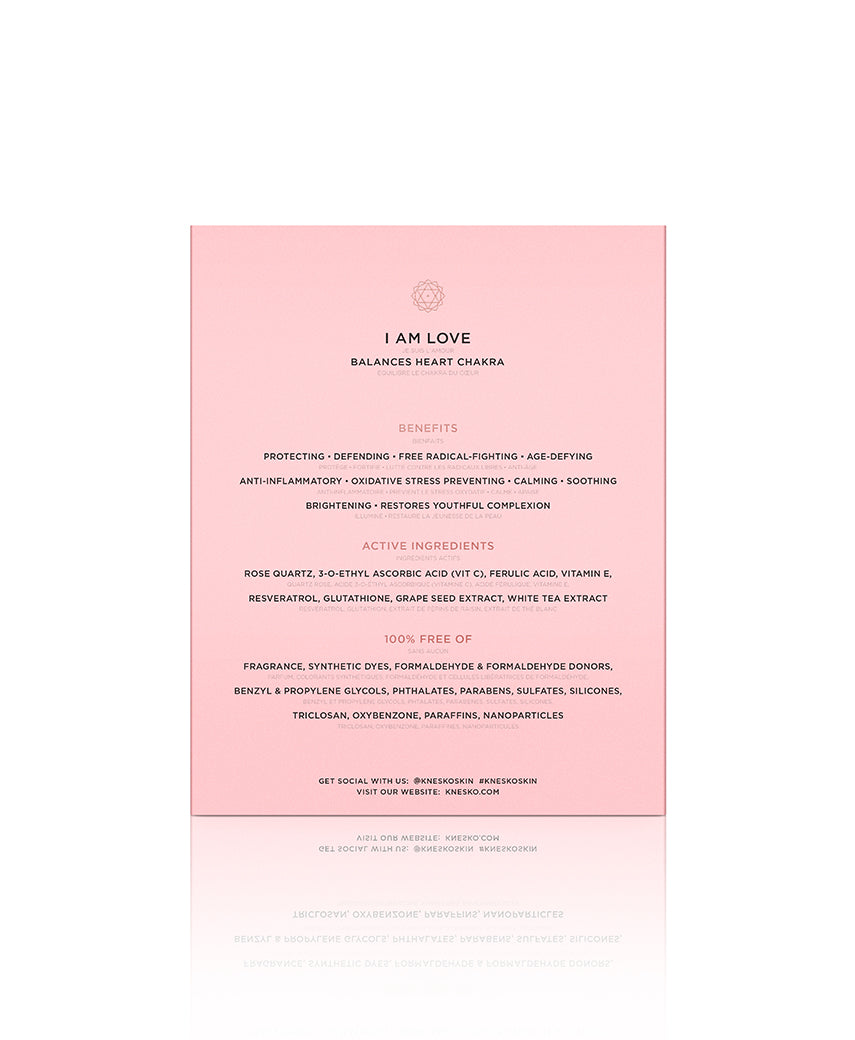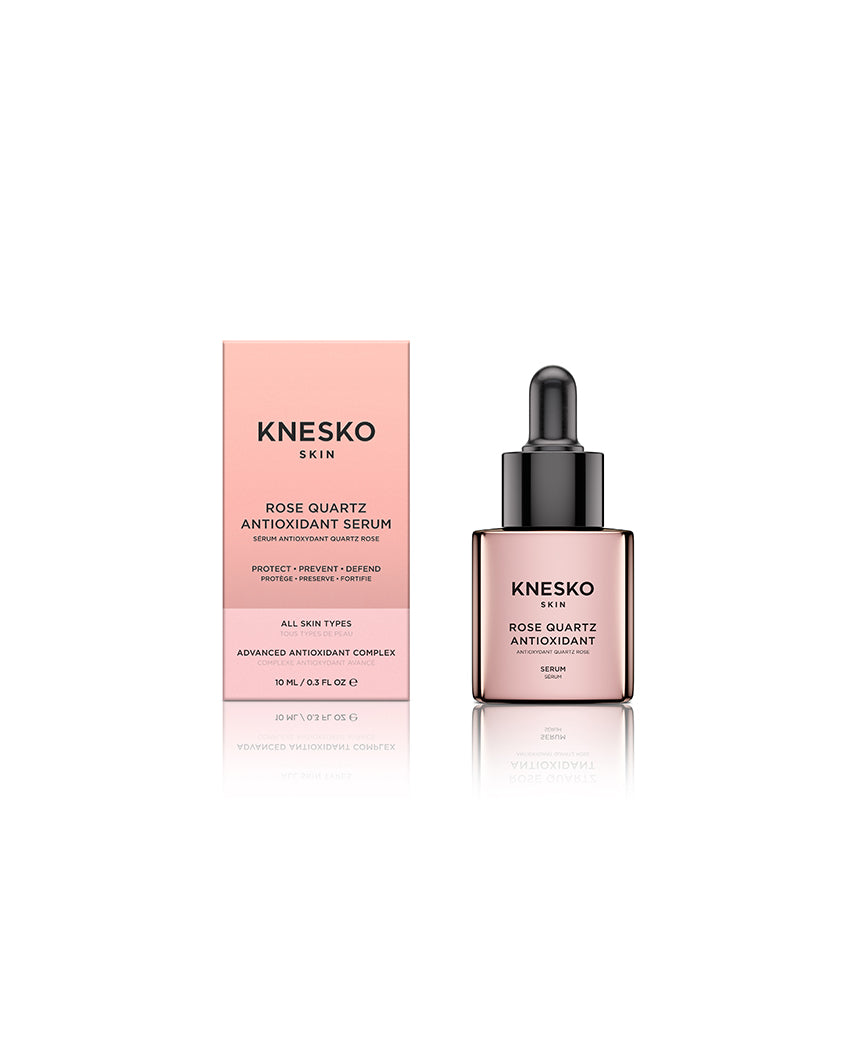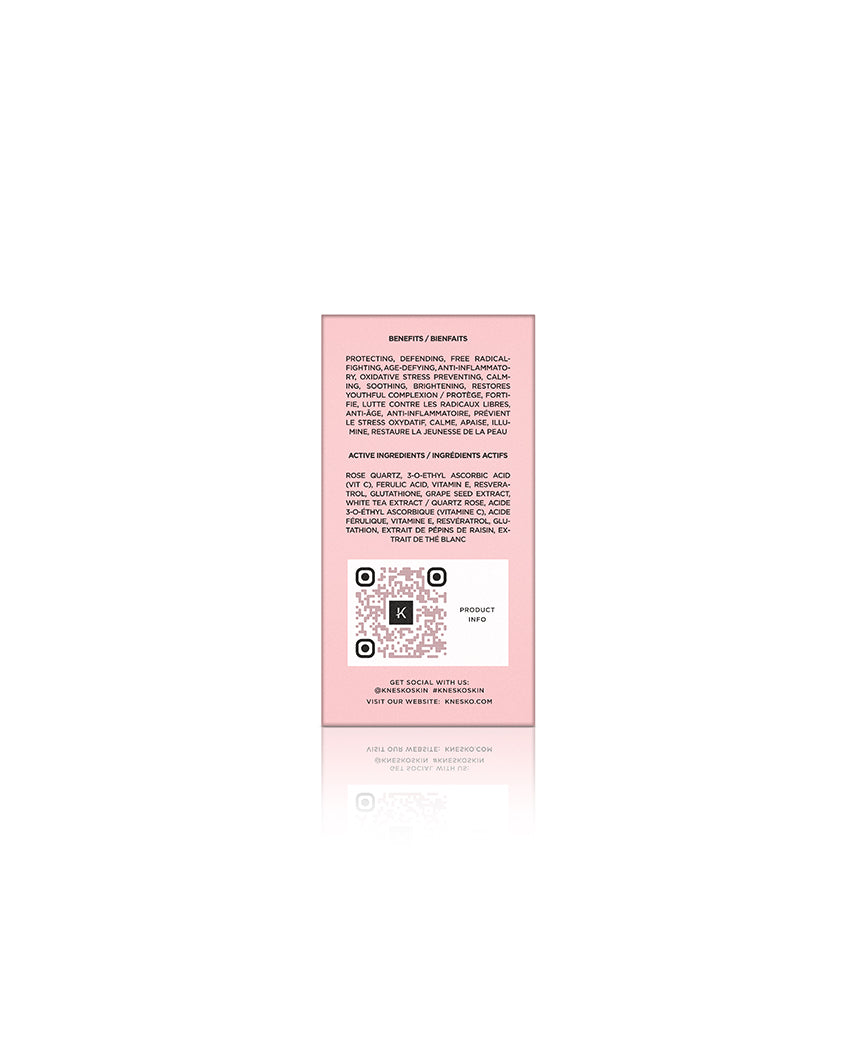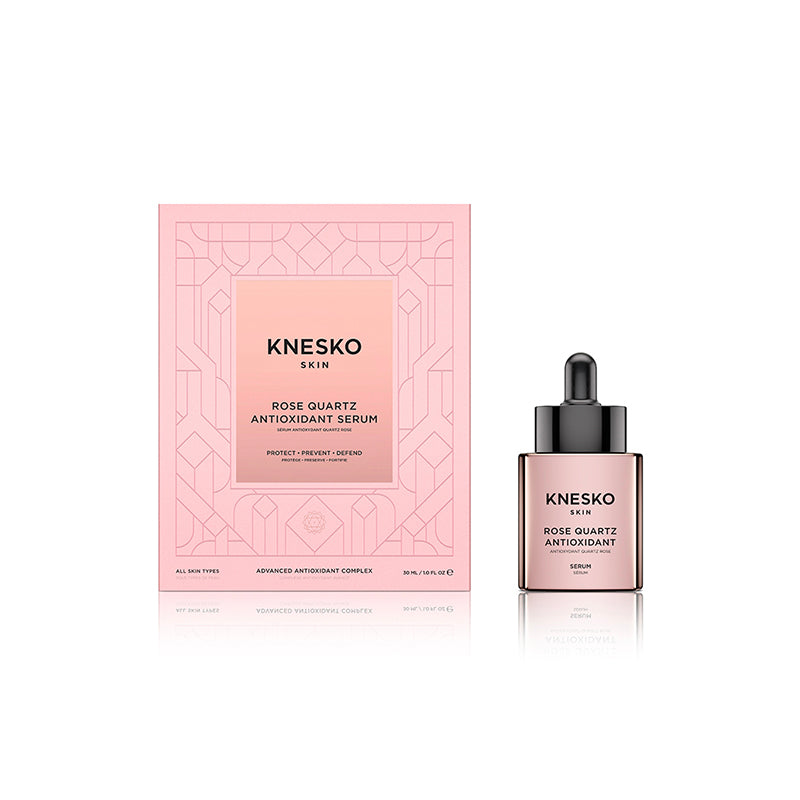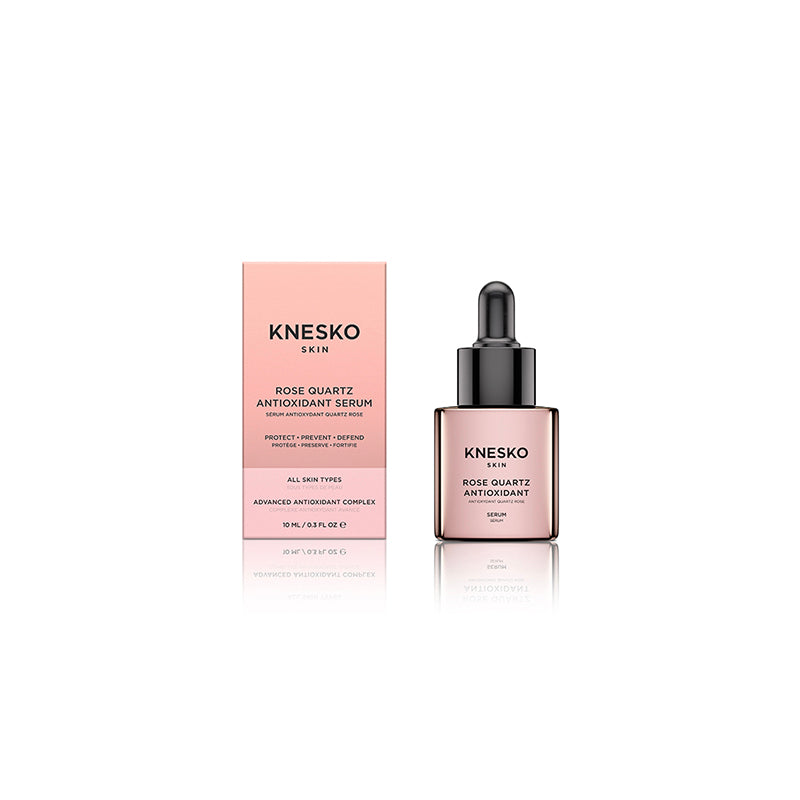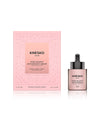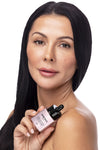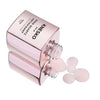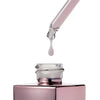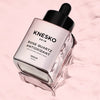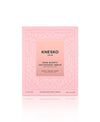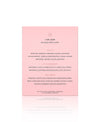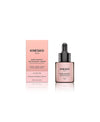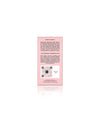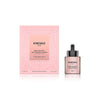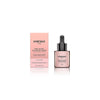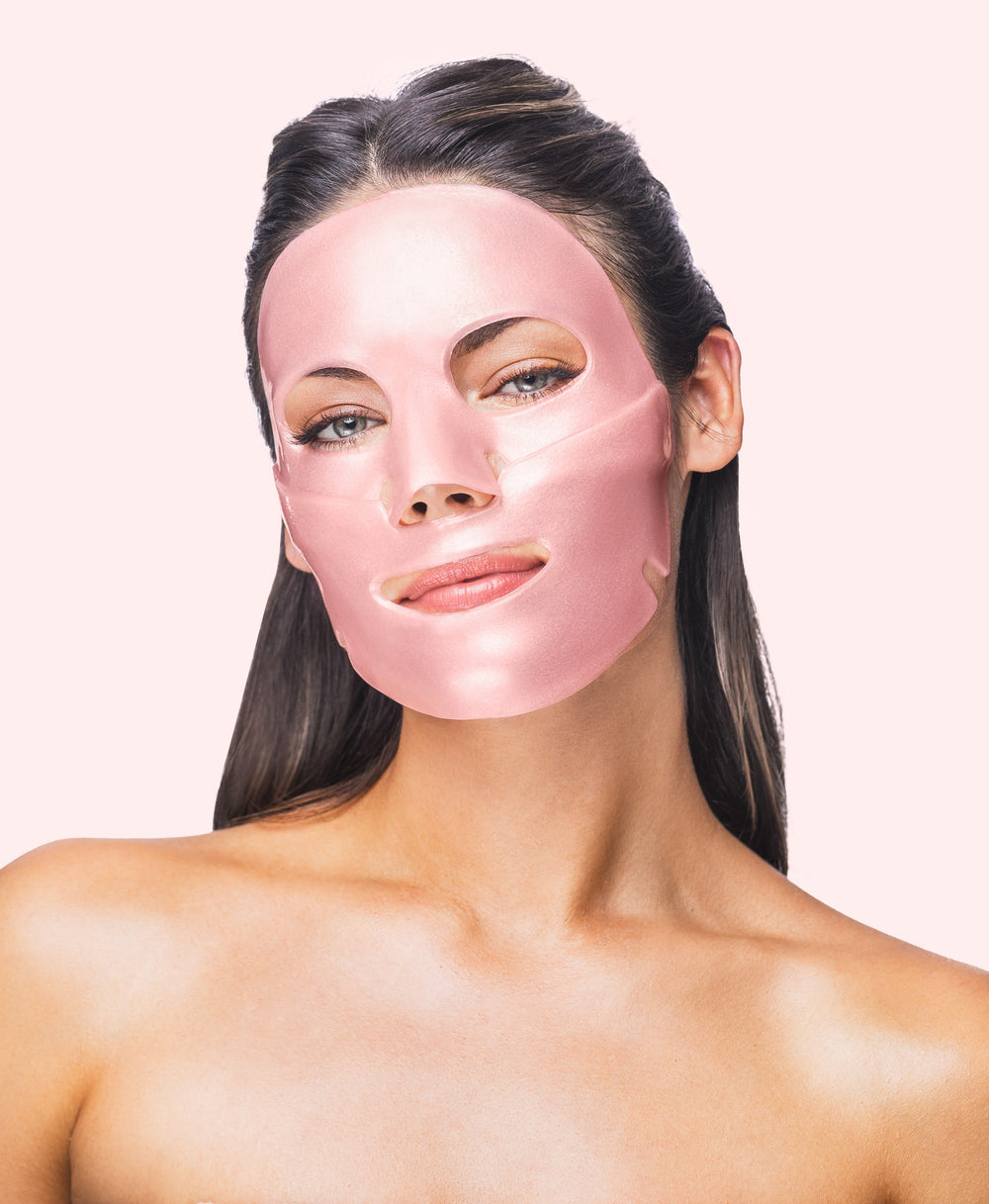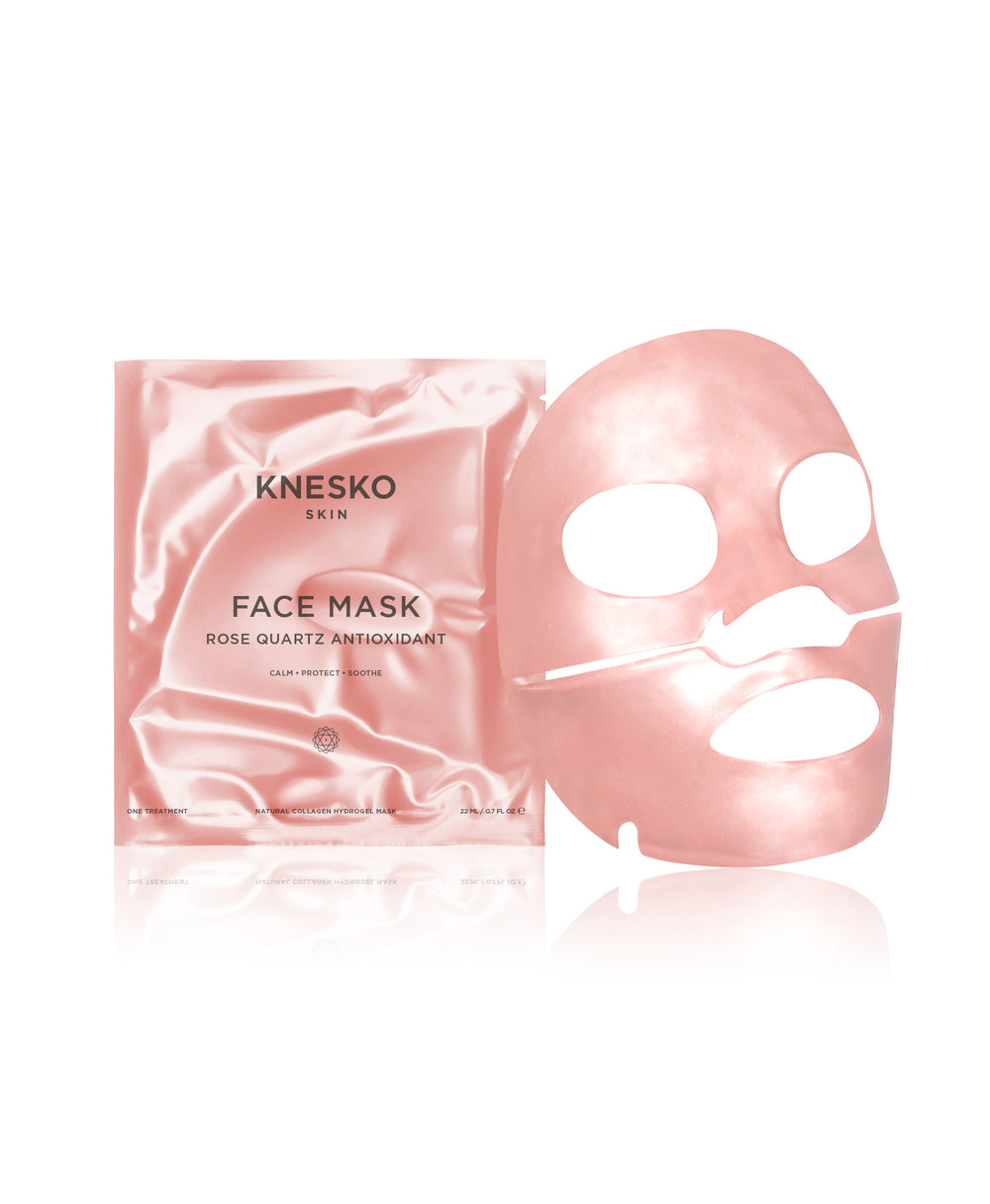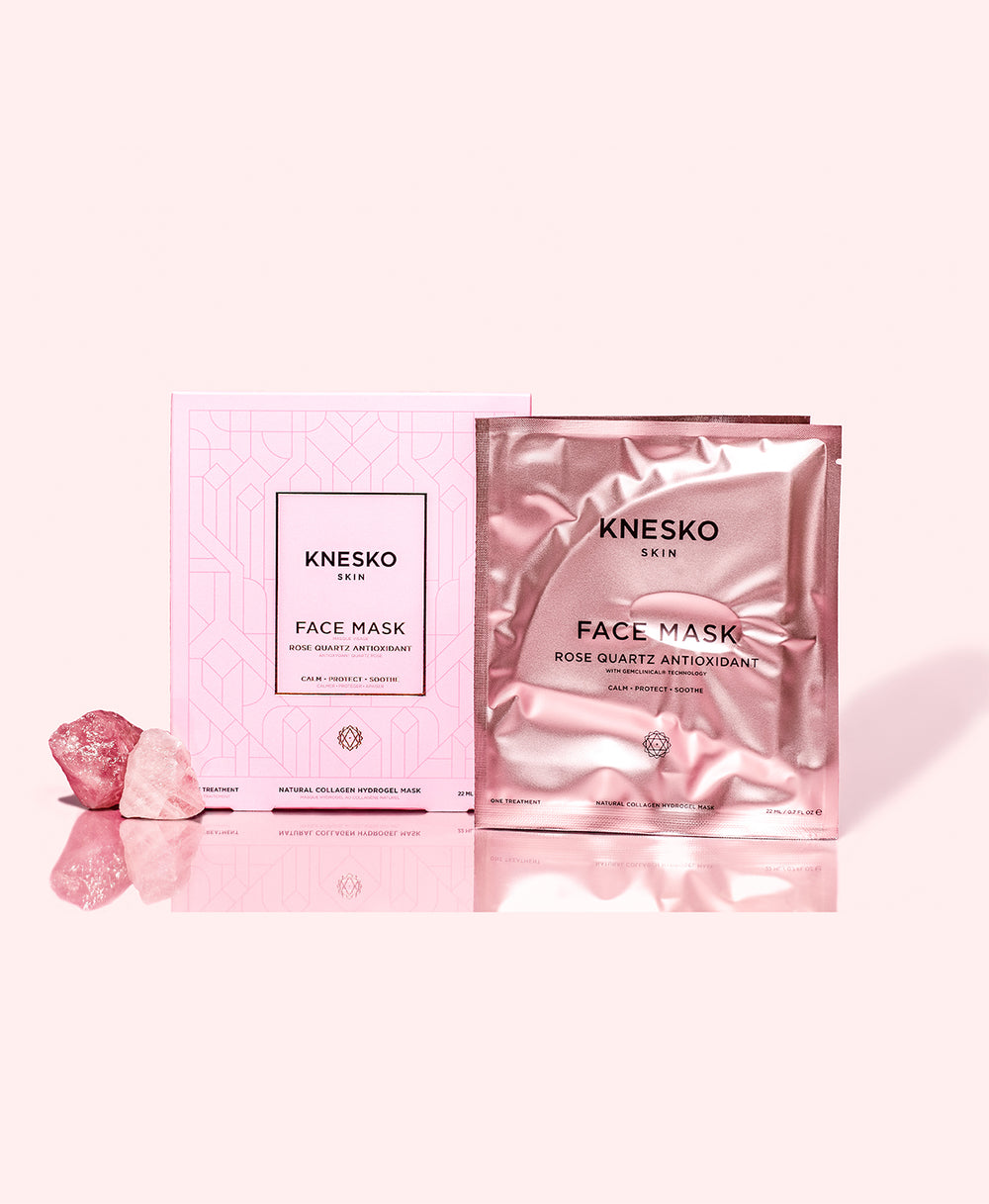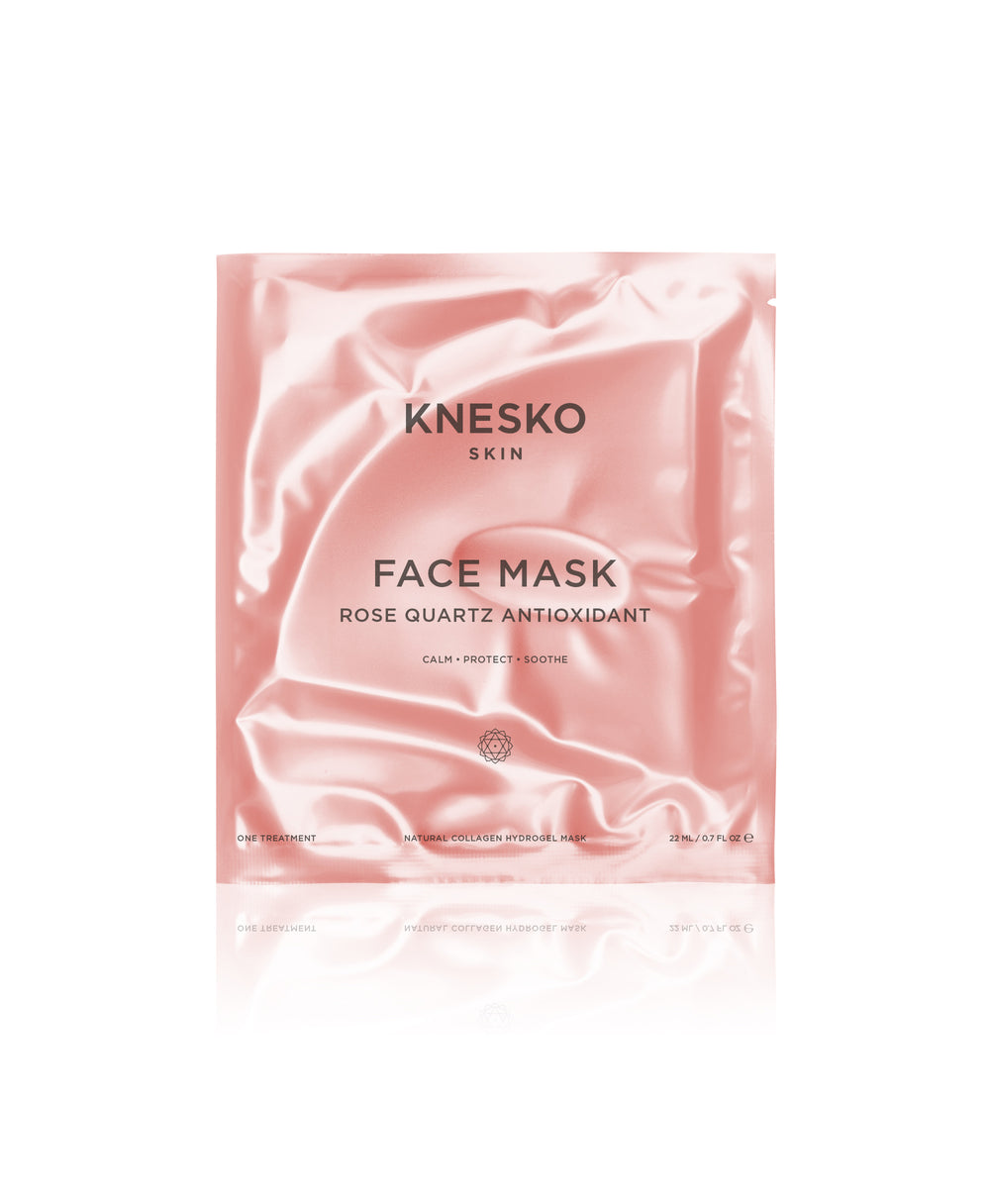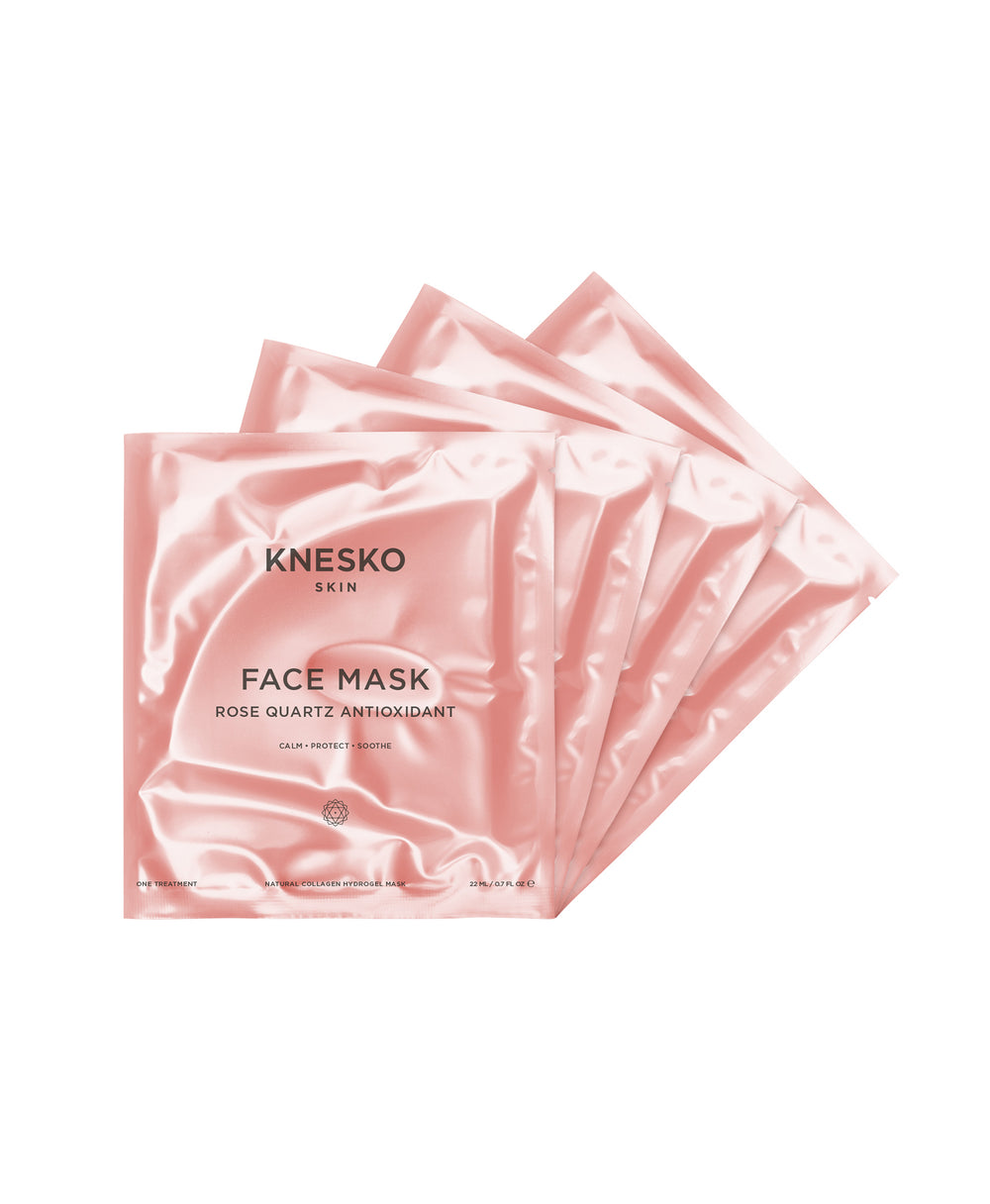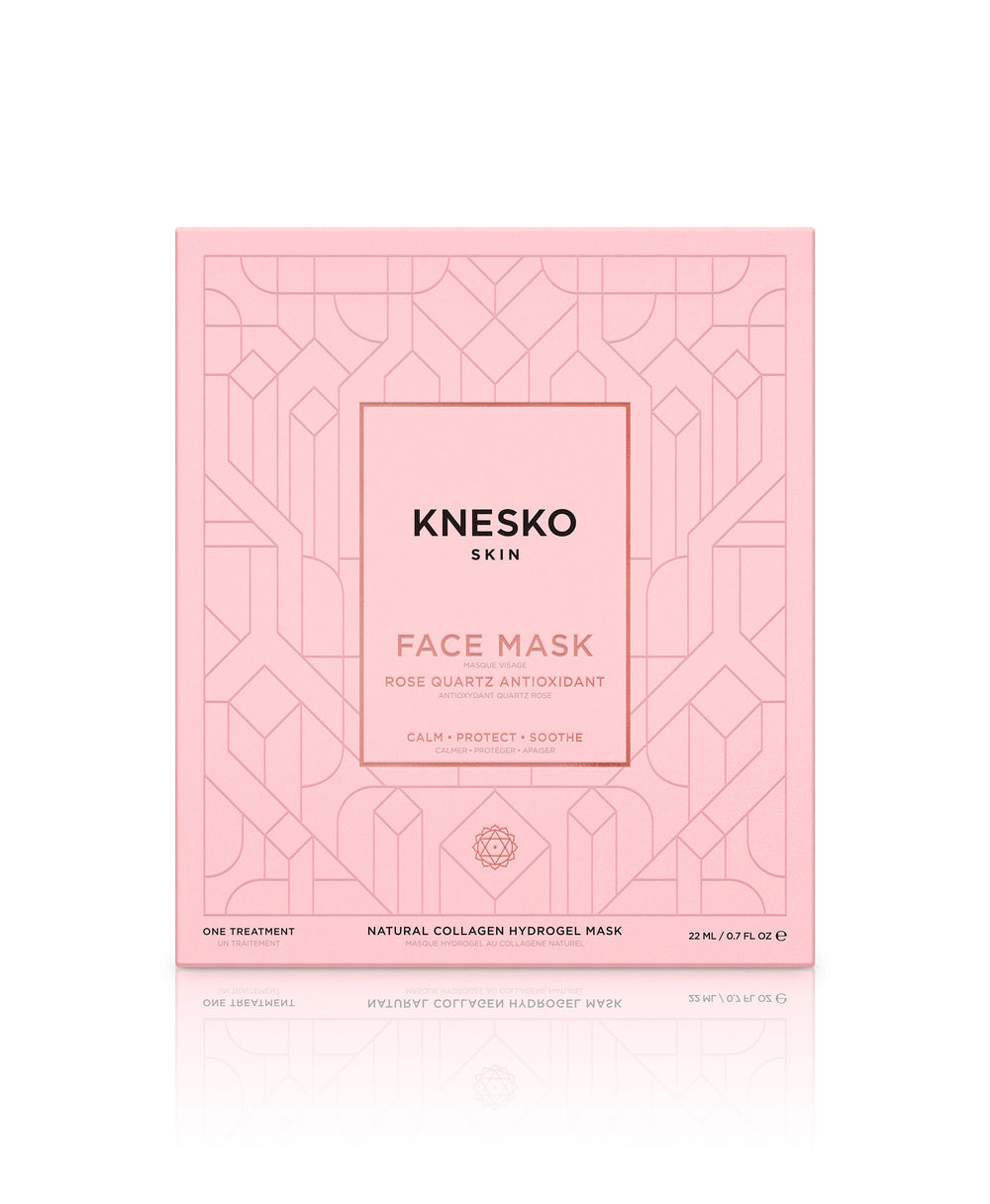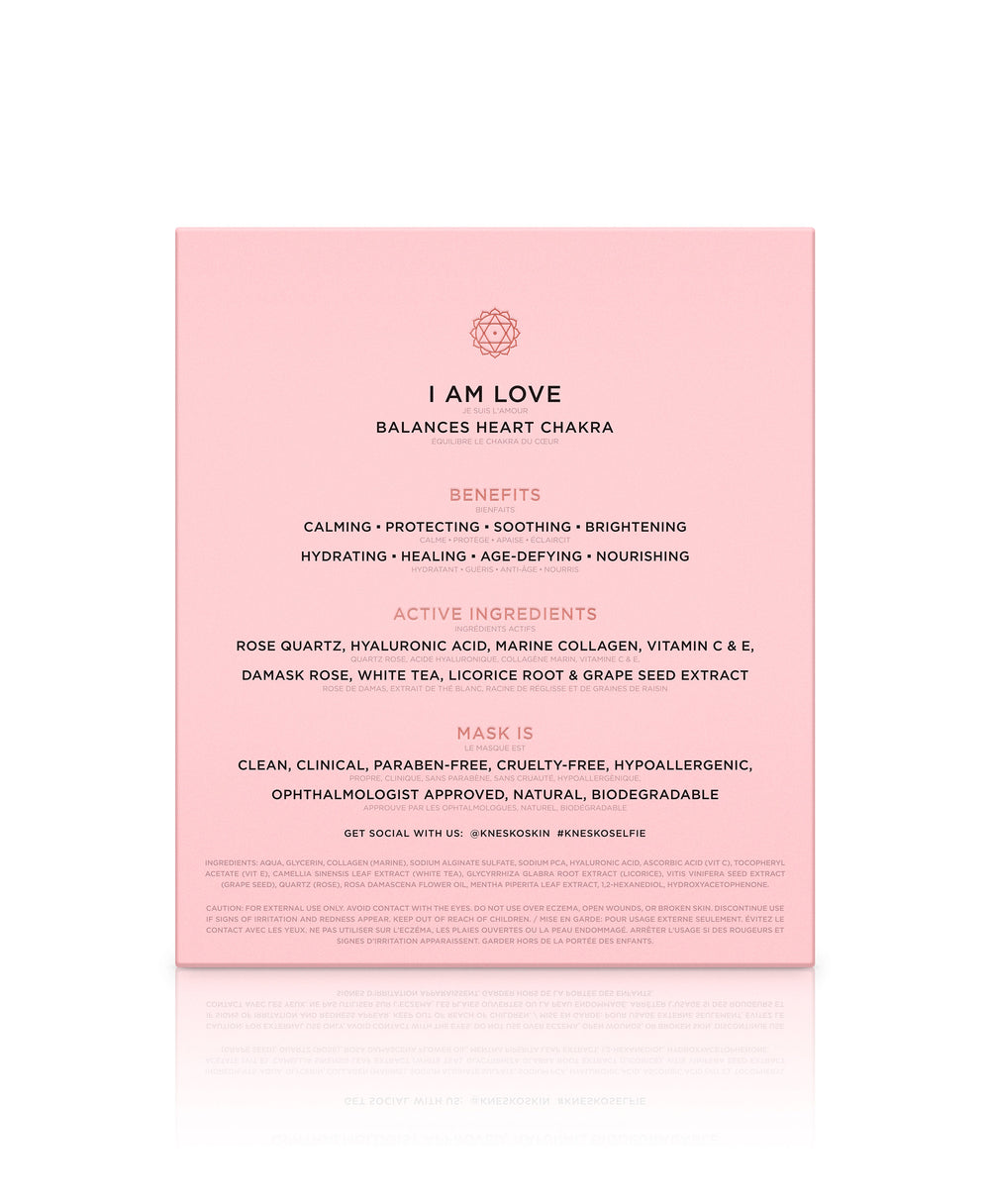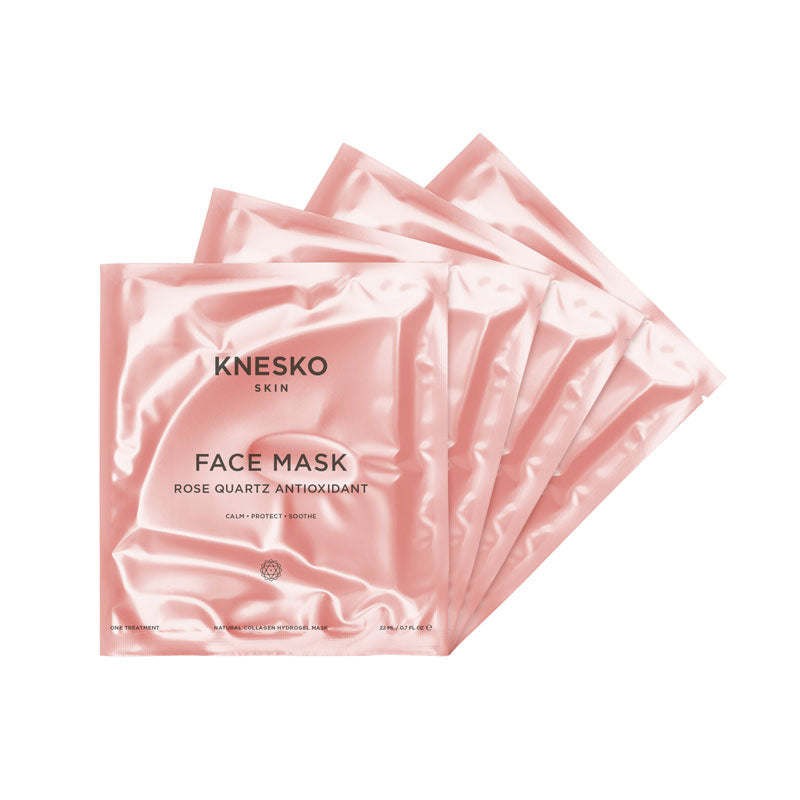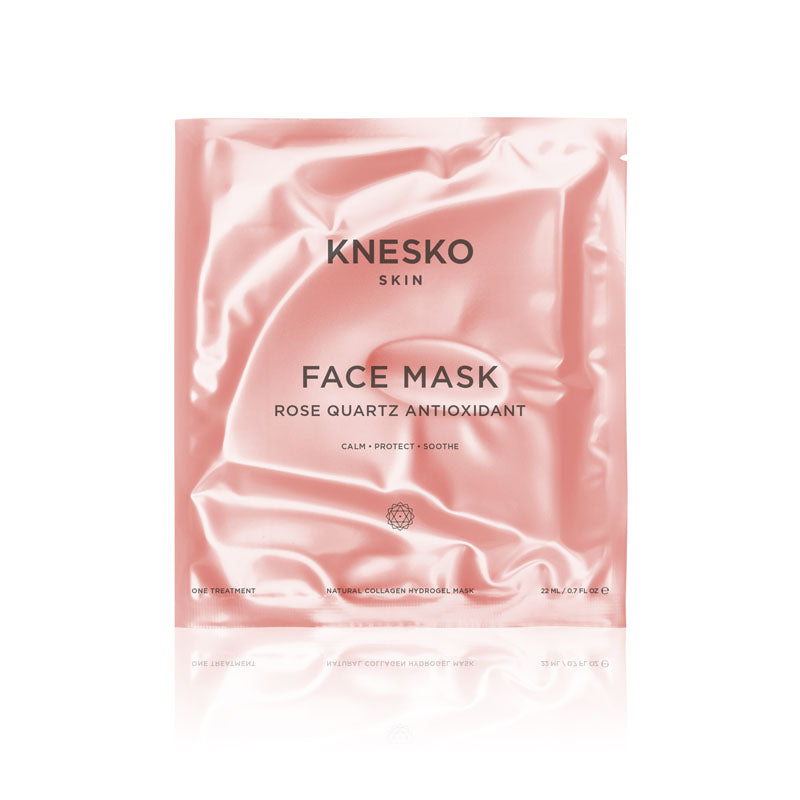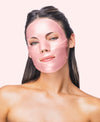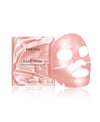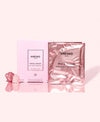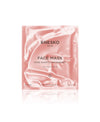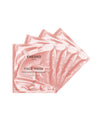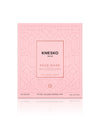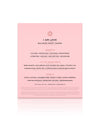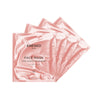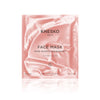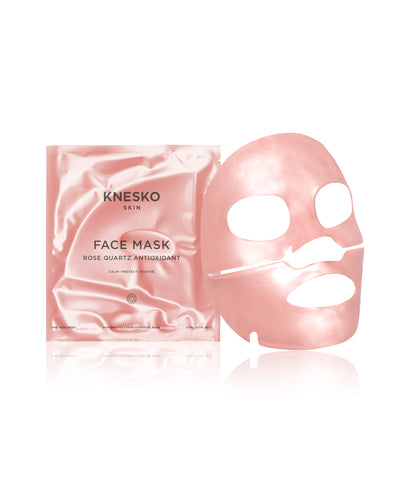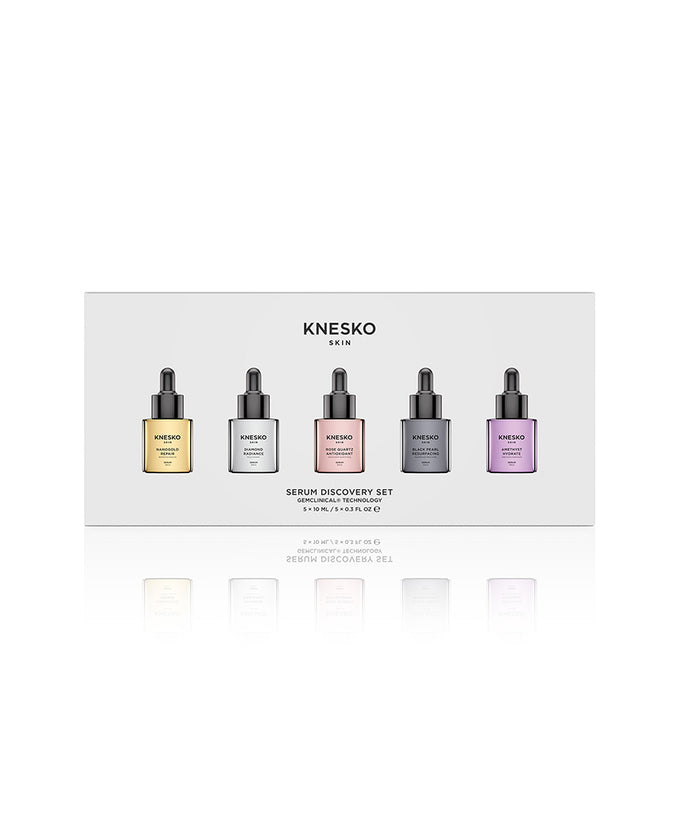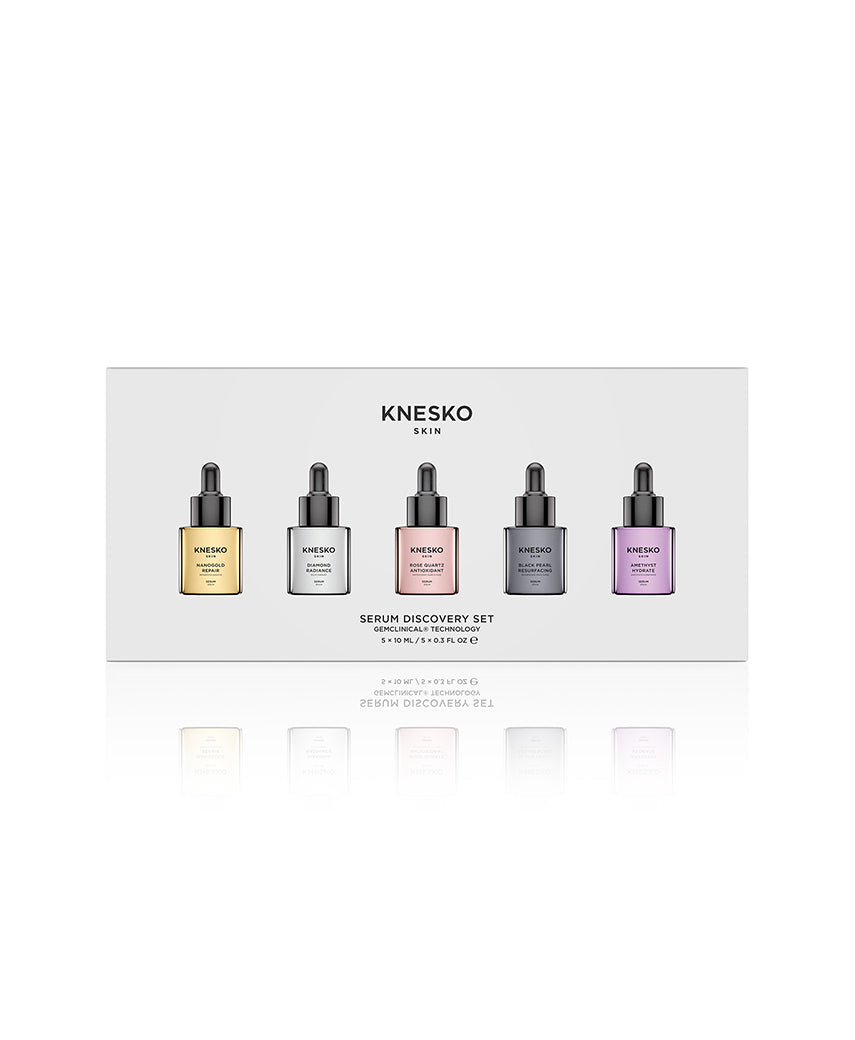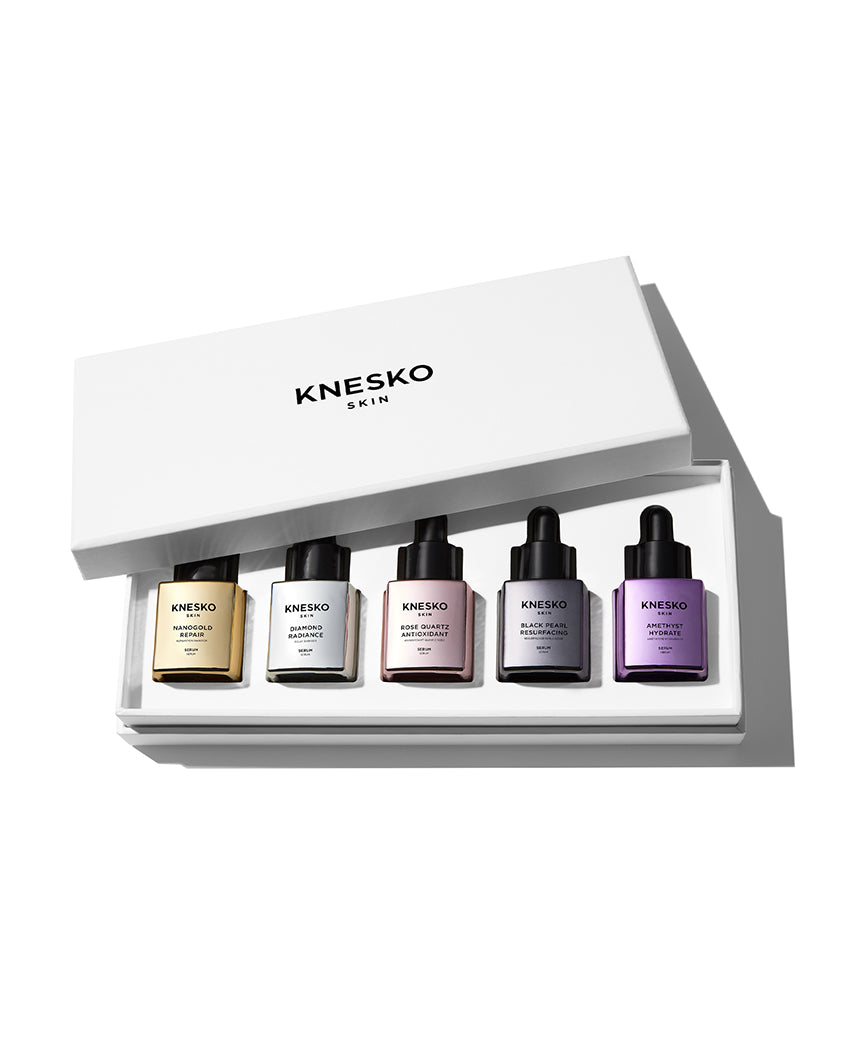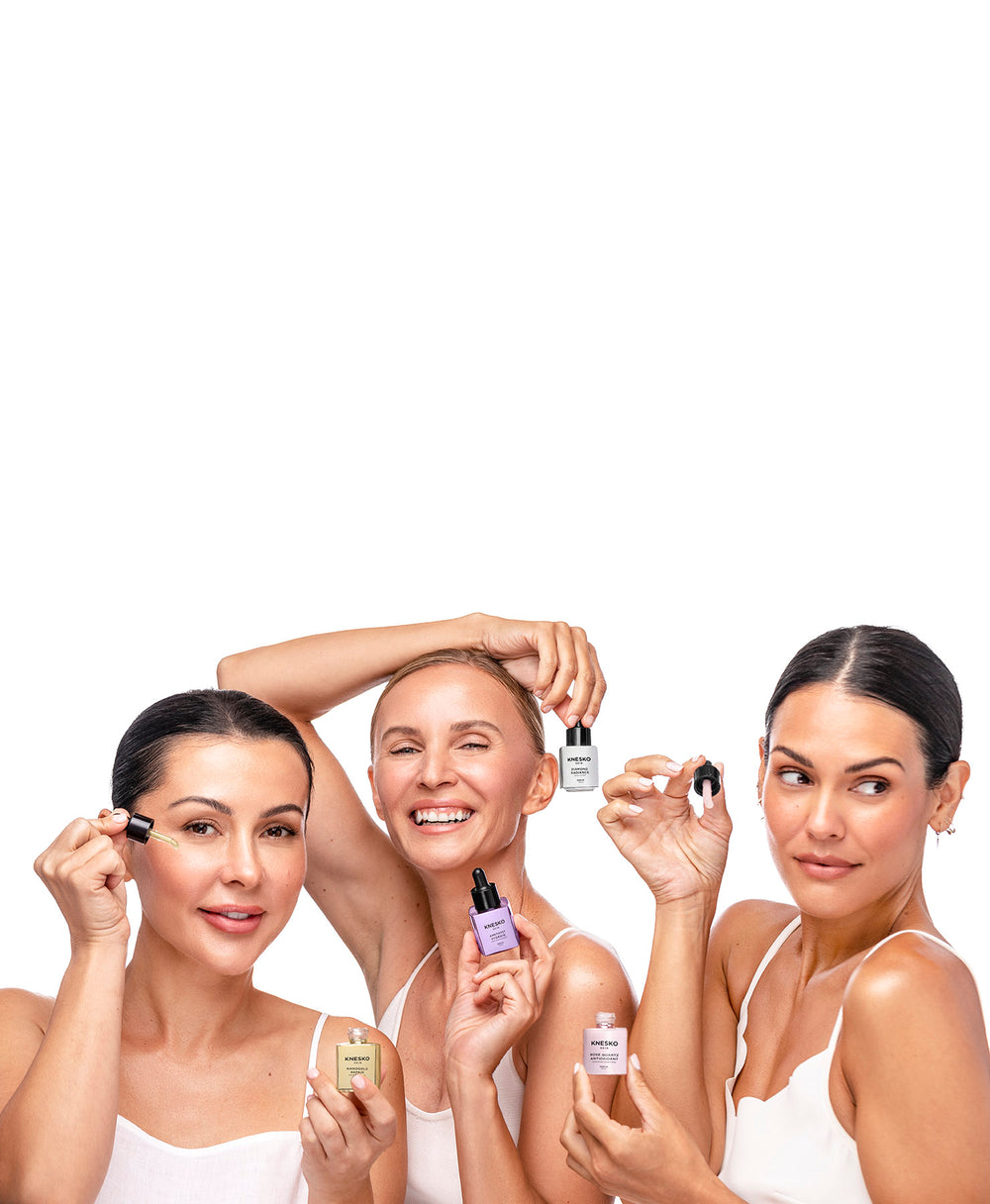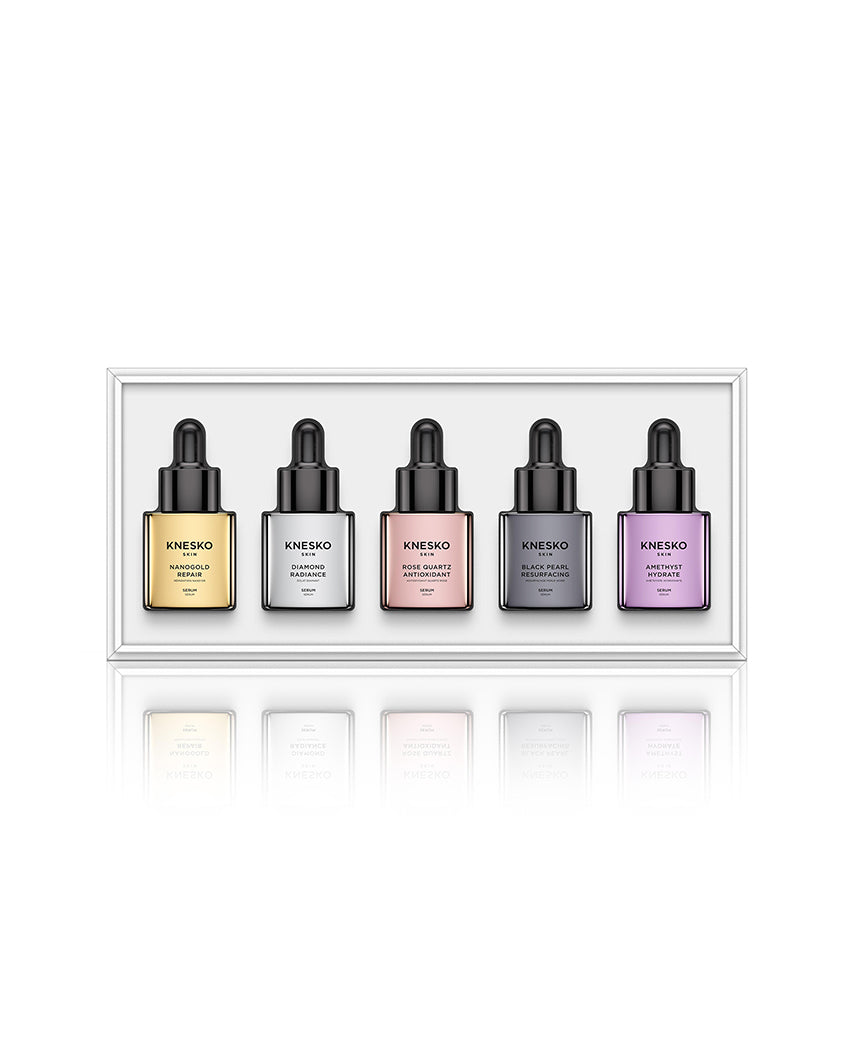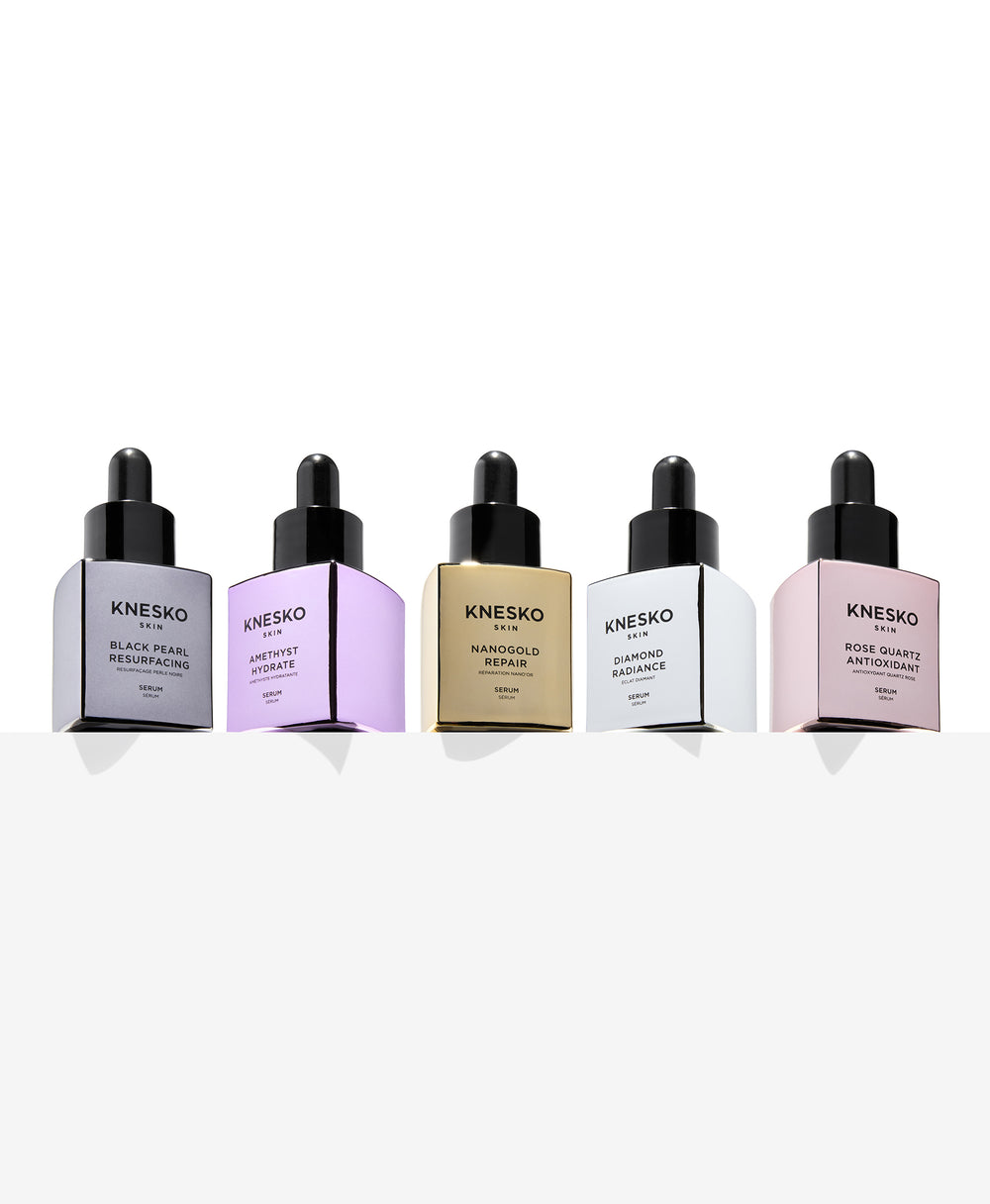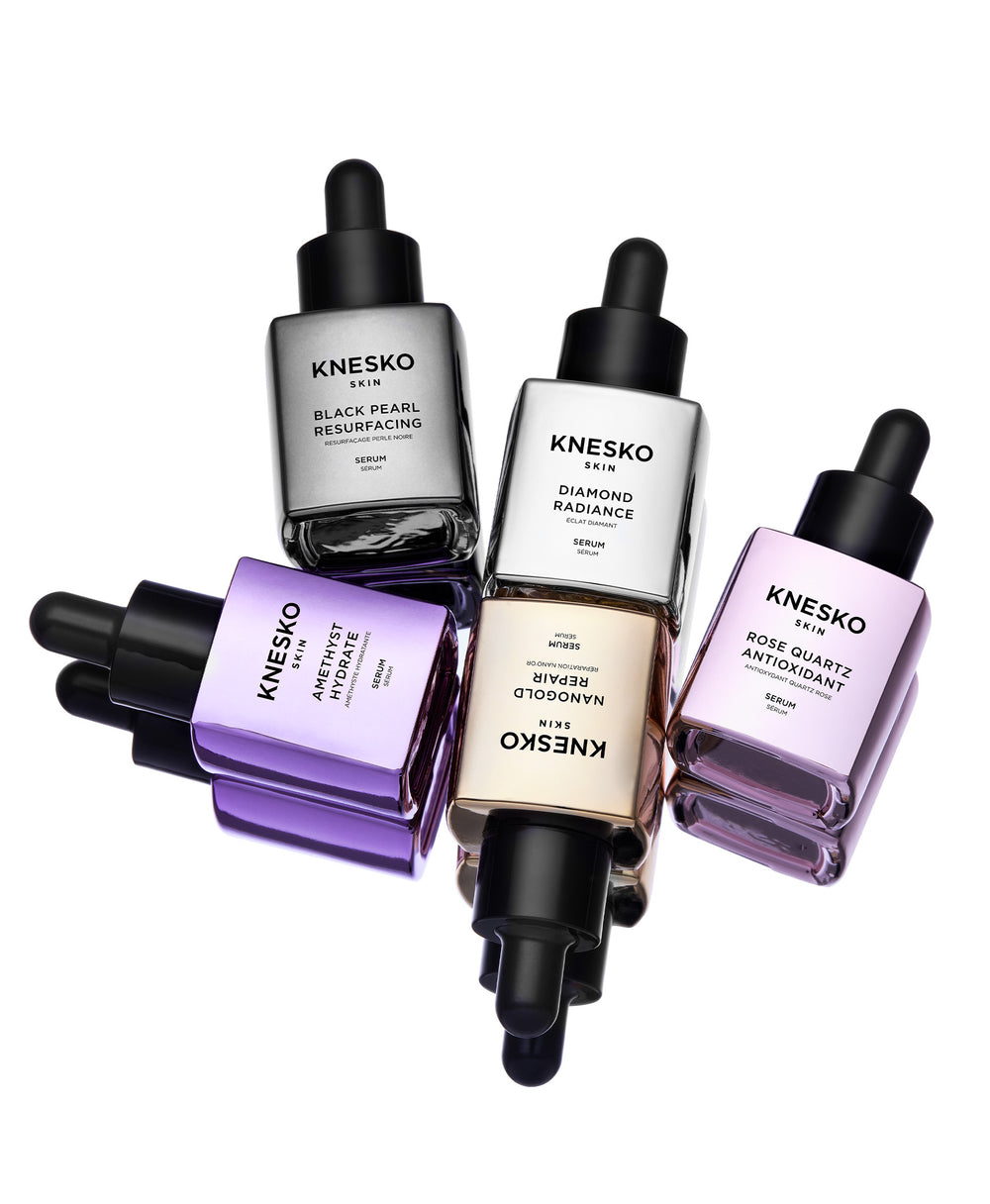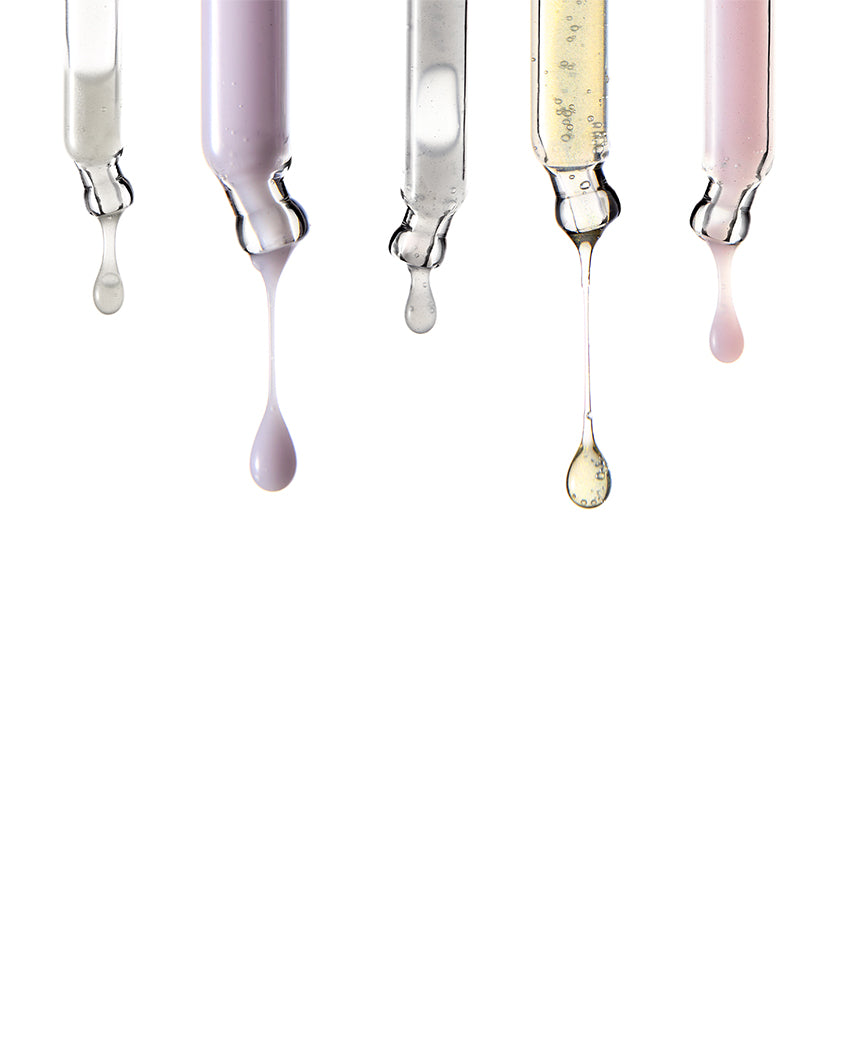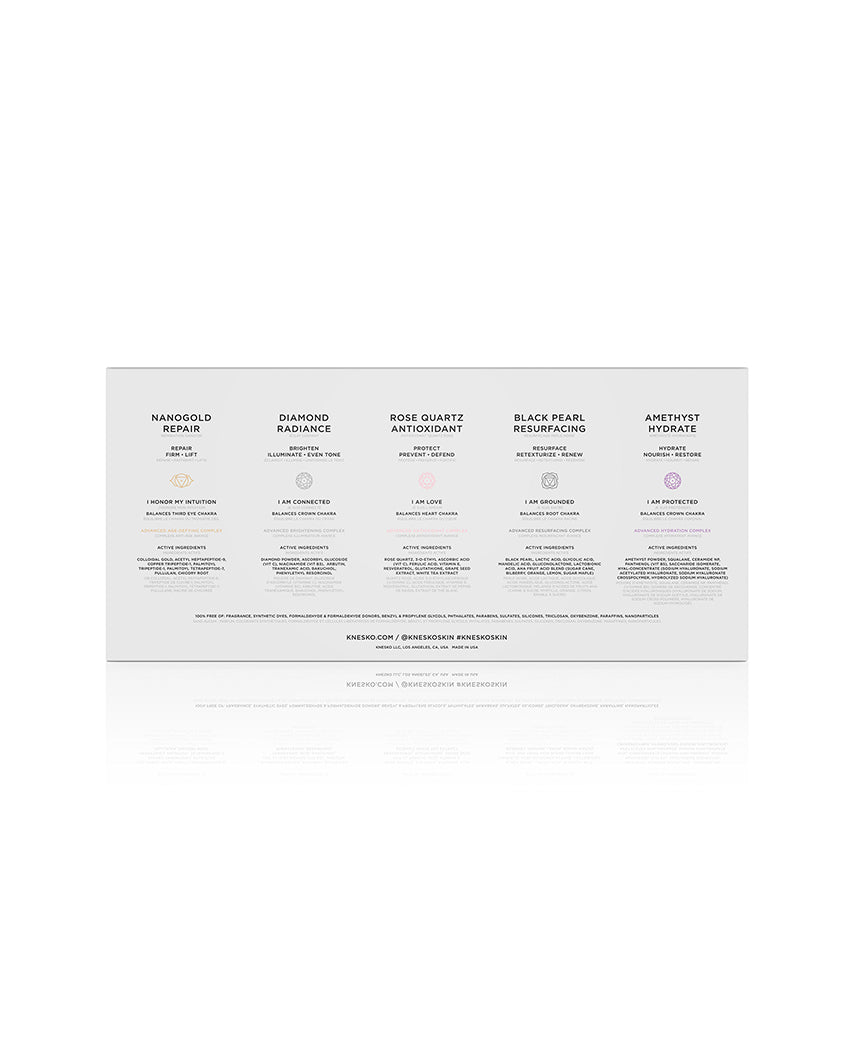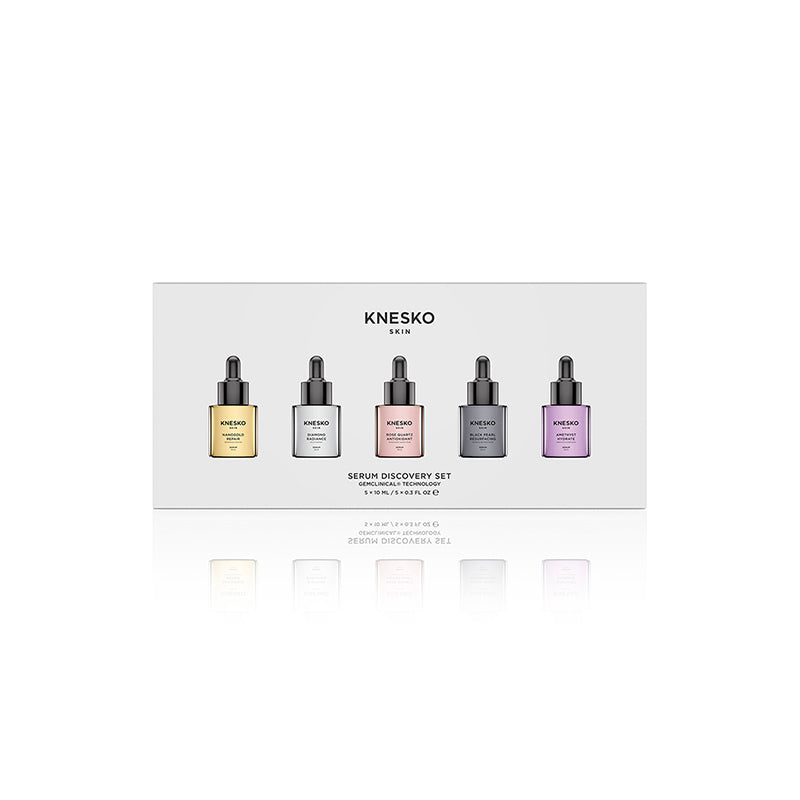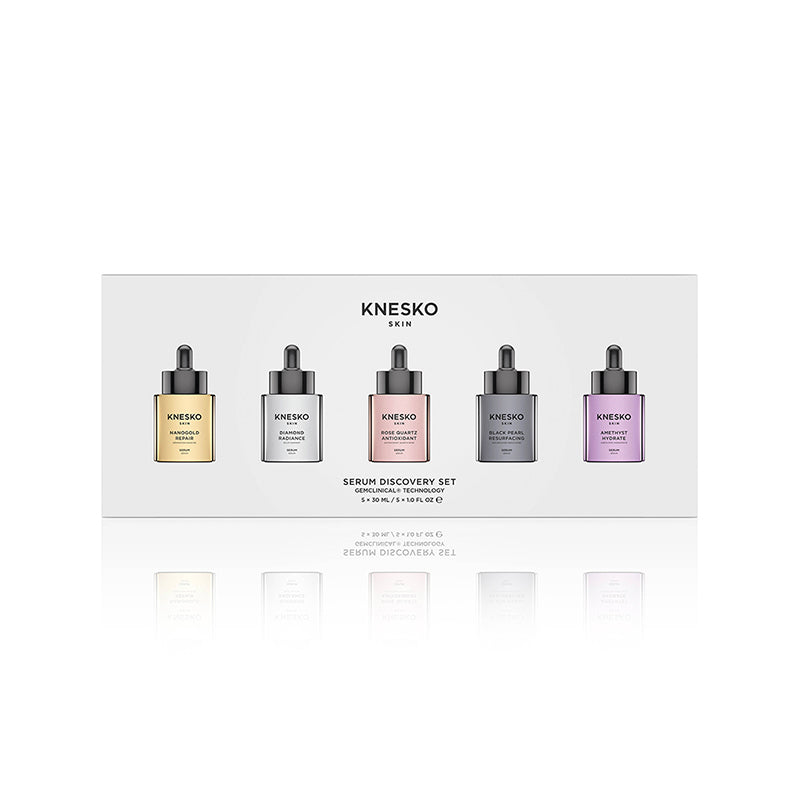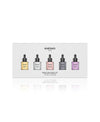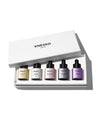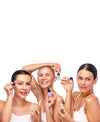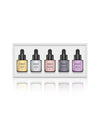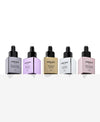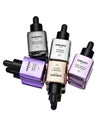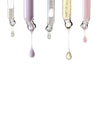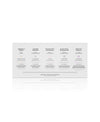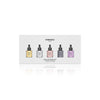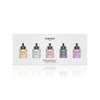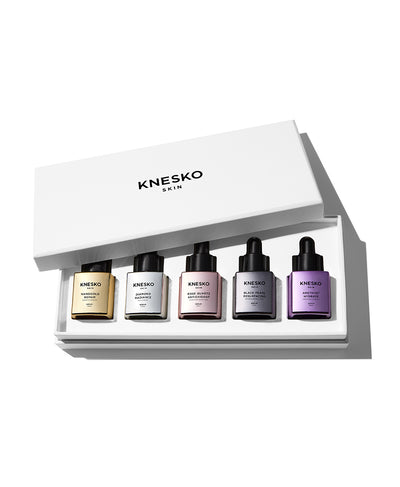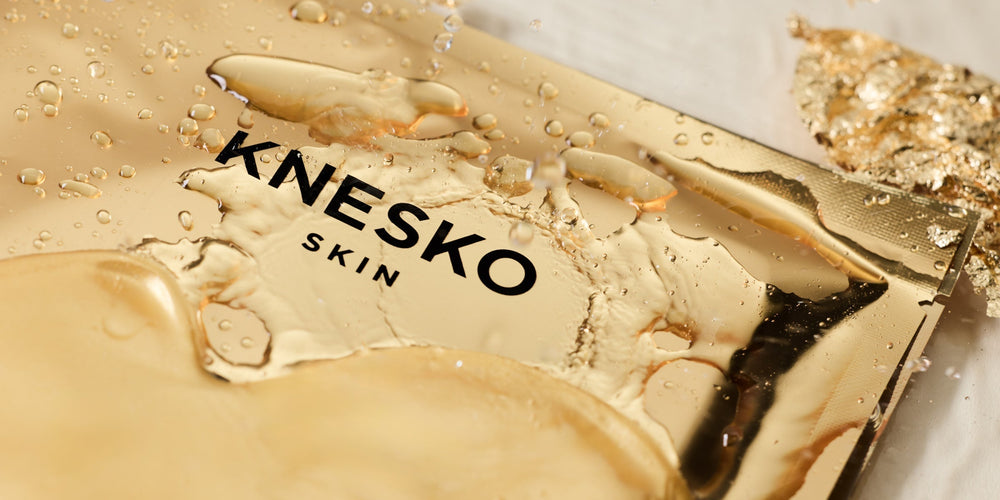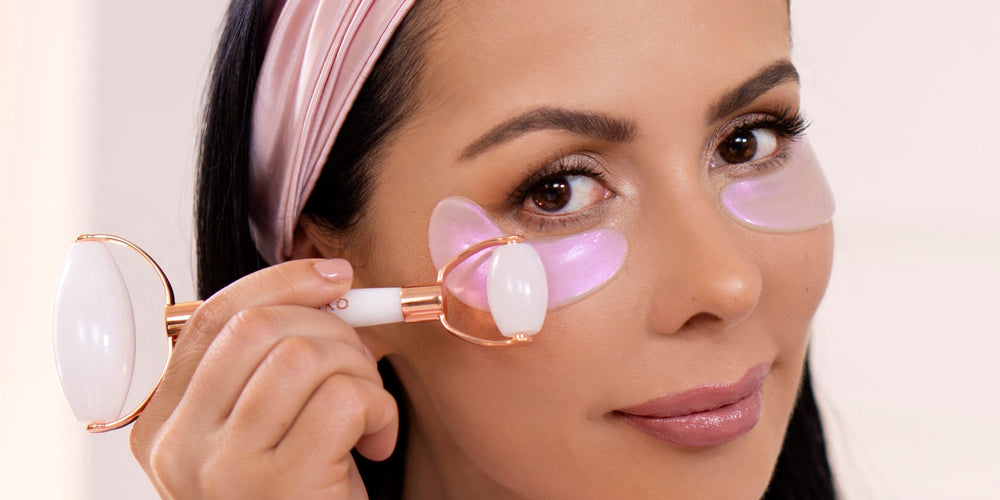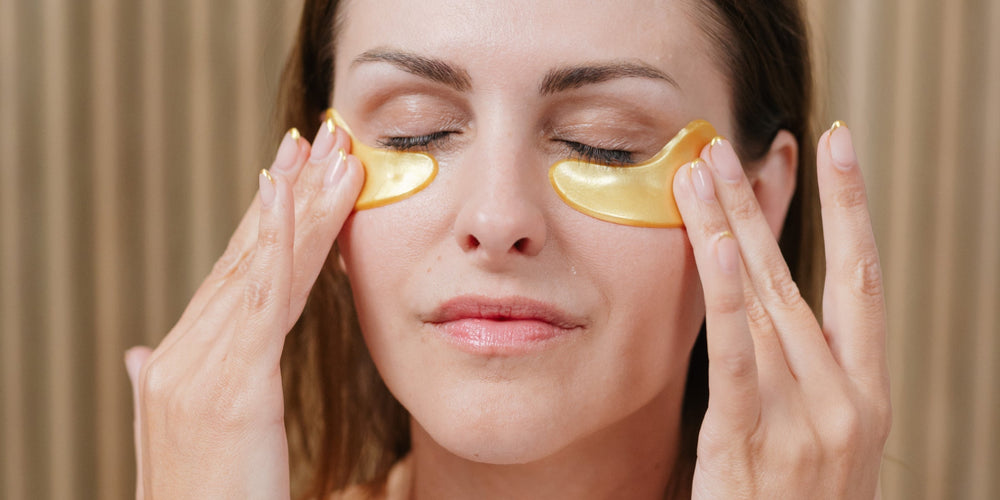Resveratrol is a highly effective ingredient in skincare, especially for protecting skin against environmental stress, reducing visible signs of aging, and improving overall radiance. Think of it as your complexion’s secret glass of red wine—with all the healthy benefits and zero hangover.
This powerhouse antioxidant, found naturally in grapes, berries, and even peanuts, helps your skin fend off daily stress from pollution, UV exposure, and other environmental aggressors. It not only works to soften visible signs of aging but also brightens and boosts radiance, leaving skin looking more vibrant and refreshed. With its protective, anti-inflammatory properties, resveratrol is a veritable wellness ritual your skin actually drinks in.
Let’s explore what resveratrol is, how it works in topical skincare, the benefits it offers, and how to choose and use it for the best results.
Related: What is Free Radical Damage, And How Can You Prevent It?
What Is Resveratrol and How Does It Work in Skincare?
Resveratrol is a plant-derived compound called a polyphenol, best known for its antioxidant properties. In nature, plants produce it as a defense mechanism against environmental stressors such as UV radiation and pathogens. In skincare, this translates into protection for your skin’s own defense systems.
When applied topically, resveratrol:
- Defends against free radicals that can damage collagen and accelerate visible aging.
- Supports the skin barrier, helping maintain hydration and resilience for a plump and youthful look
- Reduces inflammation, making it soothing for stressed, irritated, or sensitive skin.
- Helps repair UV damage when paired with sunscreen and other antioxidants.
Because resveratrol is both an antioxidant and an anti-inflammatory, it offers a dual approach to keeping skin healthy: preventing future damage while also calming current irritation.
The Key Benefits of Resveratrol for Skin
When used consistently, resveratrol can deliver a range of visible improvements:
1. Has Anti-Aging Effects
Helps minimize the look of fine lines and wrinkles by protecting collagen and elastin from oxidative stress. In a 2022 study published in Advances in Dermatology and Allergology, concluded that resveratrol was tied to skin regeneration, accelerated wound healing, and prevention of skin aging caused by type B ultraviolet radiation.[1]
2. Provides an Antioxidant Shield
Every day, your skin is exposed to stressors—including UV rays, environmental pollution, even changes in climate—that generate free radicals. Resveratrol steps in as a natural defender, neutralizing those free radicals before they can do damage. Healthline notes that resveratrol’s antioxidant activity is so potent it is sometimes compared to vitamin C and E, and it can enhance the effects of other brightening and firming ingredients when layered in a skincare routine.[2]
3. Supports Firmness and Elasticity
Beyond simply neutralizing free radicals, resveratrol helps preserve and reinforce the very scaffolding of your skin. Studies suggest it can inhibit enzymes that degrade collagen and elastin, slowing the processes that lead to sagging or loss of firmness. In other words, while antioxidants generally “put out the fire,” resveratrol also helps protect the building blocks so your skin stays resilient, supple, and better able to maintain its youthful bounce.
Rose Quartz Antioxidant Collagen Face Mask
4. Brightens Your Complexion
Resveratrol can also help reveal your skin’s natural luminosity. By calming inflammation and interrupting the pathways that trigger excess pigmentation, this ingredient can help fade the look of dark spots and uneven tone over time. The result is a complexion that looks clearer, more balanced, and visibly radiant. It’s like lifting away a veil of dullness so your skin’s inner glow can truly shine through.
5. Soothes Skin
One of resveratrol’s lesser-known strengths is its ability to calm. With natural anti-inflammatory properties, it helps quiet redness, reduce sensitivity, and ease irritation caused by environmental stress or overexposure. This makes it an especially supportive ingredient for those with reactive or delicate skin types. A 2023 review on inflammatory skin disorders (such as atopic dermatitis and psoriasis) highlighted resveratrol’s ability to modulate inflammatory and antioxidant pathways.[3]
Is Resveratrol Good for Aging Skin?
Yes. In fact, one of the most researched benefits of resveratrol is its ability to combat signs of aging. By protecting against oxidative stress and inflammation—two of the biggest accelerators of skin aging—it helps maintain firmness and elasticity while softening the appearance of lines and wrinkles.
Dermatologists often recommend resveratrol for:
- Fine lines and wrinkles caused by collagen breakdown.
- Loss of firmness due to environmental and UV damage.
- Uneven tone from sunspots or hyperpigmentation.
Pairing resveratrol with daily SPF is especially important, since antioxidants and sun protection work together to prevent future damage.
What Skin Types Can Use Resveratrol?
Resveratrol is generally well-tolerated by most skin types, including sensitive skin, because it is naturally soothing. It can be beneficial for:
- Dry skin: Helps protect and repair the barrier while locking in moisture.
- Oily or combination skin: Antioxidant protection without heavy or greasy texture.
- Sensitive skin: Calms irritation and reduces redness.
- Aging or mature skin: Addresses multiple signs of aging and supports long-term resilience.
As with any active ingredient, patch testing is recommended before introducing it into your routine.
Sale price
$295.00
How to Incorporate Resveratrol into Your Skincare Routine
Resveratrol is often found in serums, creams, and masks, and it works best in leave-on treatments where it can penetrate the skin over time. Best practices for use:
1. Apply to clean, dry skin in the morning, evening, or both.
2. Follow with moisturizer to lock in benefits.
3. In the morning, pair with sunscreen for enhanced environmental protection.
Can Resveratrol Be Combined with Other Skincare Ingredients?
Because resveratrol is stable and compatible with many other actives, it layers well with ingredients, including:
- Vitamin C: Amplifies antioxidant defense and brightening.
- Niacinamide: Strengthens the skin barrier while visibly reducing redness and uneven tone.
- Hyaluronic Acid: Boosts hydration while protecting from free radical damage.
- Peptides: Enhances visible firming and anti-aging results
However, some dermatologists suggest avoiding using it in the same step as highly acidic exfoliants (like strong AHAs) to ensure stability and maximum benefit.
Experience the Benefits of Resveratrol for Skin
If you want to integrate the power of resveratrol into a luxurious, results-driven ritual, explore these treatments infused with antioxidants and age-defying actives:
- Hydrate, smooth, and protect with collagen face masks that combine marine collagen with antioxidant botanicals.
- Defend and soothe with an antioxidant face mask enriched with botanical extracts to calm and protect skin.
- Target the look of fine lines and loss of elasticity with an anti-aging eye mask designed to brighten and smooth the delicate eye area.
- Revitalize your complexion with an anti-aging face mask that combines brightening minerals with scientifically advanced firming actives.
- Restore youthful vitality with an age-defying face mask that helps visibly improve tone, texture, and radiance.
By making resveratrol a regular part of your skincare routine, you’re giving your skin the tools it needs to defend, repair, and glow today and for years to come.
Frequently Asked Questions About Resveratrol for Skin
Is resveratrol better taken orally or applied topically?
Oral resveratrol supplements may provide general health benefits, but topical application delivers the ingredient directly to the skin where it can neutralize free radicals, calm inflammation, and protect collagen. For visible skincare results, a leave-on serum, cream, or mask is the most effective choice.
Can resveratrol replace sunscreen?
No. Resveratrol can help protect against UV-induced damage by reducing oxidative stress, but it does not block or absorb UV rays. It should always be used alongside a broad-spectrum sunscreen to help prevent premature aging and sun damage.
How long until I see results from resveratrol?
You may notice a brighter, more radiant complexion within a few weeks of regular use. Improvements in firmness, elasticity, and the appearance of fine lines typically require at least 8–12 weeks of consistent application.
Can resveratrol be used with other skincare ingredients?
Yes. Resveratrol pairs well with antioxidants like vitamin C, hydrating agents like hyaluronic acid, and firming peptides. This combination can boost both protective and anti-aging benefits. Avoid layering it in the same step as strong exfoliating acids to help preserve its potency.
Is resveratrol safe for sensitive skin?
Yes, most people with sensitive skin tolerate resveratrol well because of its natural anti-inflammatory properties. However, it’s still best to patch test before adding it to your full routine, especially if you use other active ingredients.
Sources:
1. Leis, K., Pisanko, K., Jundziłł, A., Mazur, E., Mêcińska-Jundziłł, K., & Witmanowski, H. (2022). Resveratrol as a factor preventing skin aging and affecting its regeneration. Advances in Dermatology and Allergology/Postȩpy Dermatologii i Alergologii, 39(3), 439. https://doi.org/10.5114/ada.2022.117547
2. What’s resveratrol, and how is it good for skin? (2021, July 1). Healthline. https://www.healthline.com/health/beauty-skin-care/resveratrol-for-skin
3. Marko, M., & Pawliczak, R. (2023). Resveratrol and its derivatives in inflammatory skin disorders—atopic dermatitis and psoriasis: A review. Antioxidants, 12(11), 1954. https://doi.org/10.3390/antiox12111954
